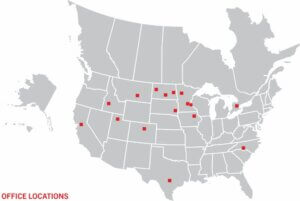-
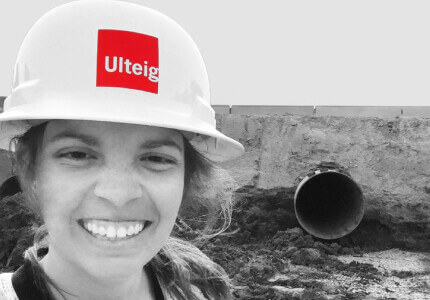
Intern to Full-Time Employee with Melanie Muncy
-
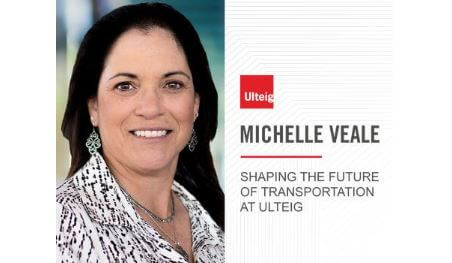
Employee Spotlight: Michelle Veale, Shaping the Future of Transportation at Ulteig
-
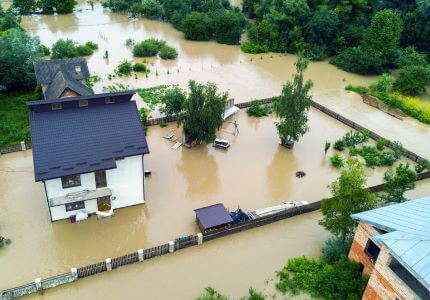
Disaster Recovery Planning: Safeguarding Our Water Lifeline
-

Ulteig Acquires Affinity Energy, Expanding SCADA Capabilities
-
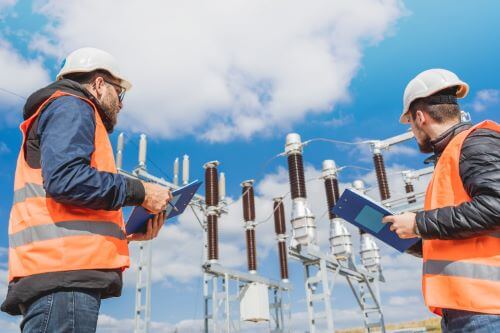
RTOs and Potential Implications for the Future of Energy
-

Ulteig Named a 2024 Top Workplace by USA Today
-

Is Your Project Ready for MISO’s Interconnection Queue?
-
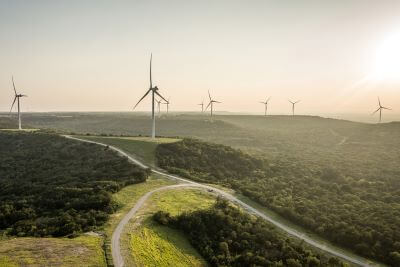
How to Know It’s Time to Repower Your Wind Farm
-
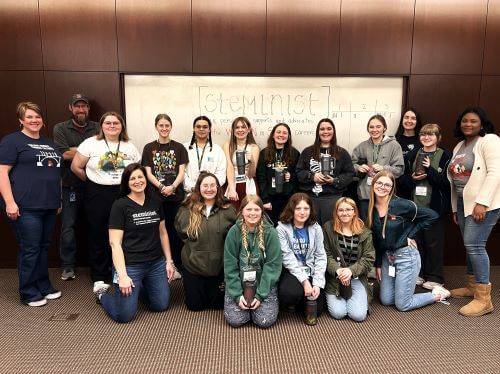
Ulteig Supports Girls in STEM through Nationwide Initiative
-
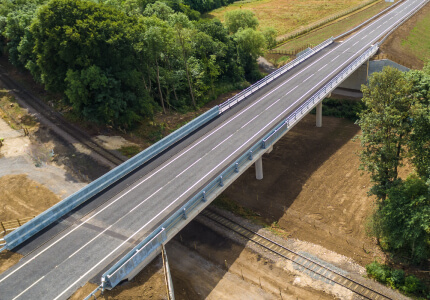
How Climate Change Can Affect Bridges and Bridge Inspections
-
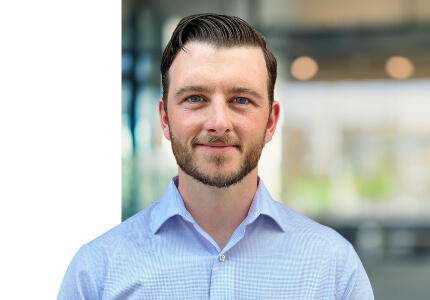
Employee Spotlight: Chase Anderson, Project Manager
-
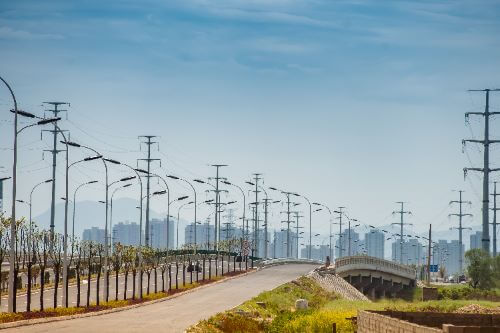
Where Utilities are Making Grid Modernization Reliable and Resilient
-

Pioneering with PinPoint™ and the Future of Project Management
-
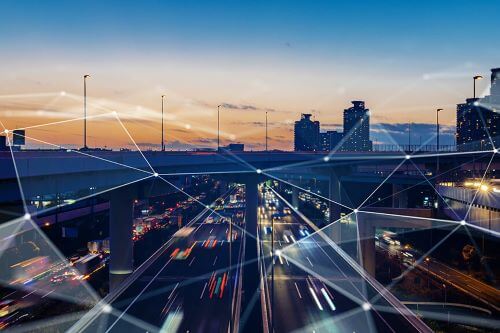
How Ulteig Can Help You Comply with the July 1st Deadline with CAISO’s New Security Protocols
-
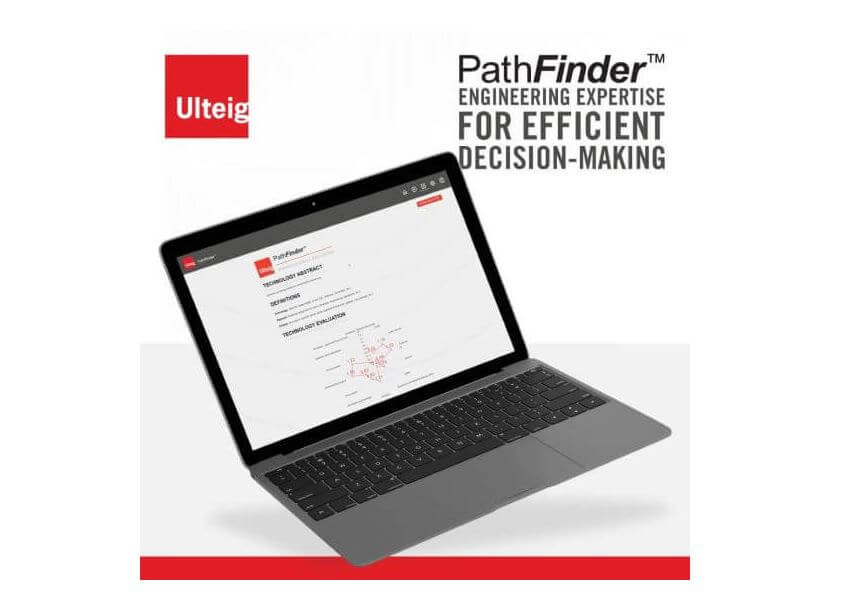
Ulteig Launches PathFinder™, Demonstrates Commitment to Innovative Technology Solutions
-
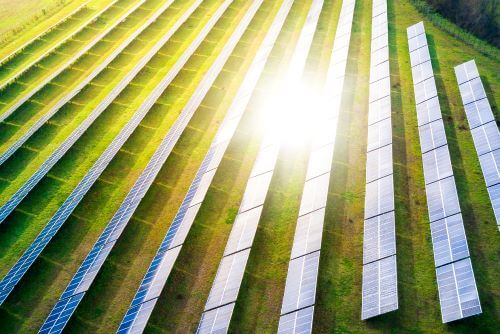
The Inflation Reduction Act (IRA): A New Dawn for Renewable Energy Self-Development in Utilities
-
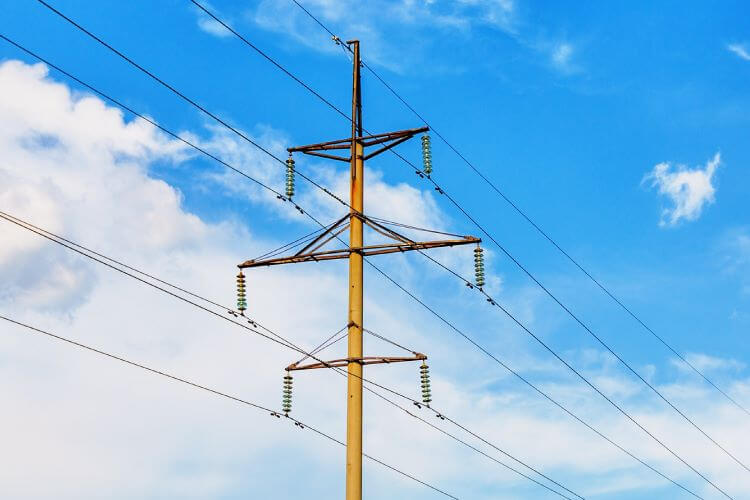
Fostering the Future of Engineering: Ulteig’s Involvement with the RMEL Foundation
-

Safe Streets for All: Ulteig’s Approach to Enhancing Roadway Safety
-
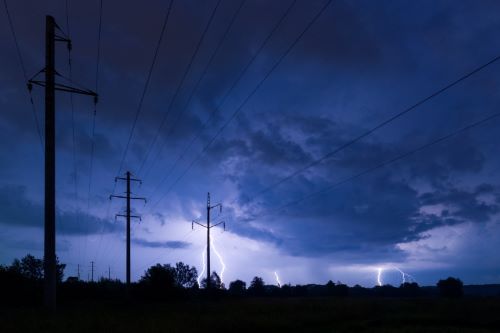
Energy Solutions for Extreme Weather Conditions
-
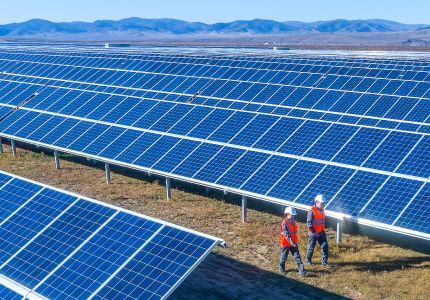
The Path to Renewables Success: The Value of Owner’s Engineering
-

Celebrating & Honoring Veterans
-
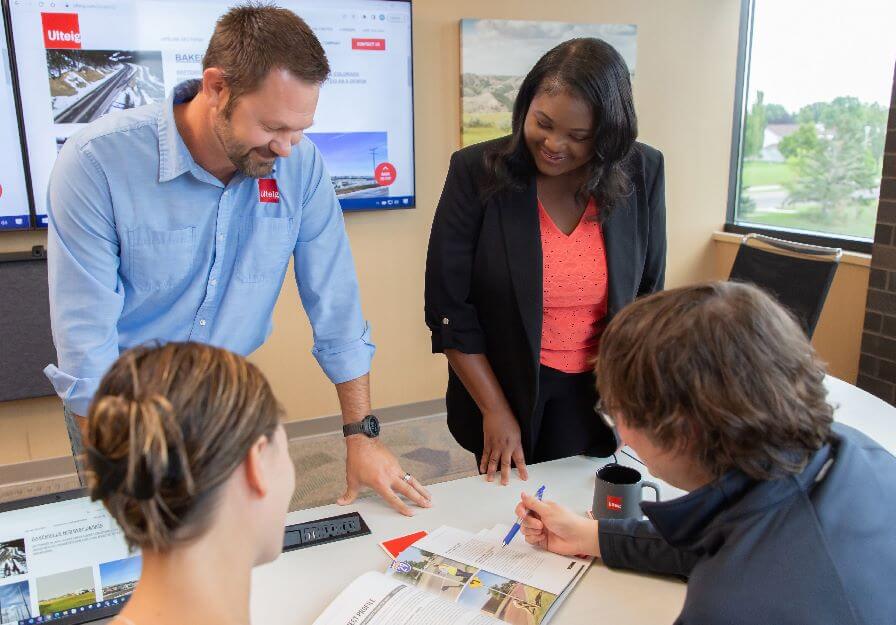
Celebrating Diversity, Equity and Inclusion at Ulteig
-
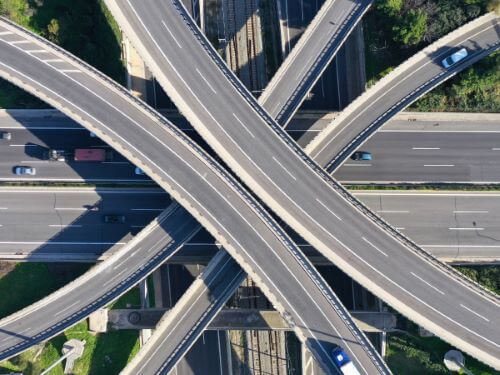
Maintaining the Health and Longevity of Bridges
-
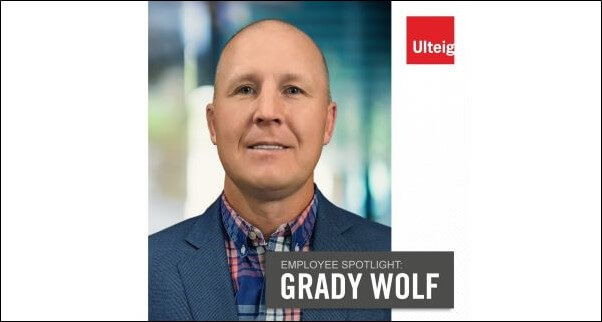
Grady Wolf joins Ulteig as an Associate Director – Environmental
-
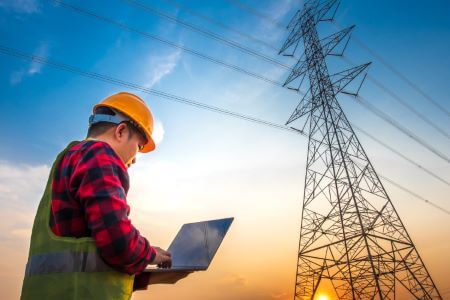
New vs. Modernized Infrastructure: Which is the Path Forward?
-

Employee Spotlight with John Forman, Senior Engineer
-

Navigating Federal Policy for Clean Energy Development
-
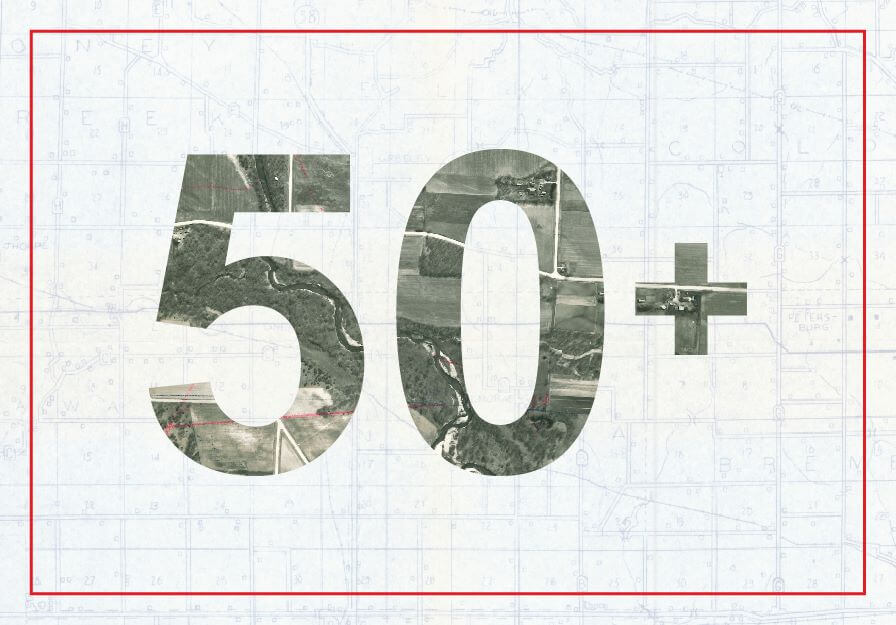
Ulteig and CIPCO Celebrate Over 5 Decades of Innovation
-

Supporting the Future of Electric Vehicles
-

Ulteig Once Again Named to Prairie Business Magazine’s Best Places to Work
-

Humanity Rising Partnership: Investing in the Next Generation of Sustainability Leaders
-

Day of Understanding: Disability
-
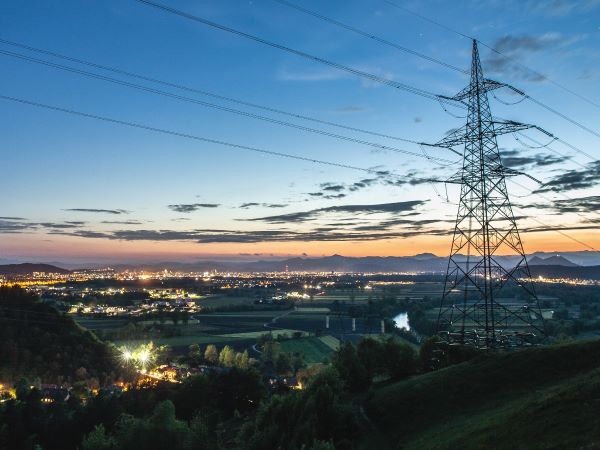
Where Utilities Are Making Progress in the Future of Grid Modernization
-
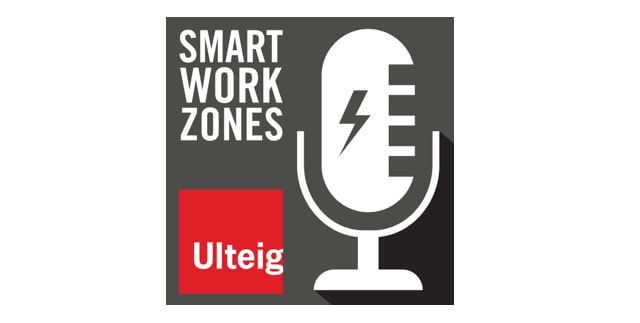
Solving for the Future: Smart Work Zones
-

Ulteig Names Alison Barie as New Chief Financial Officer
-

Ulteig Announces Partnership with Engineers Without Borders USA (EWB-USA)
-
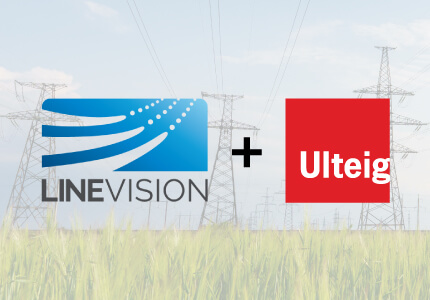
Ulteig Partners with LineVision
-
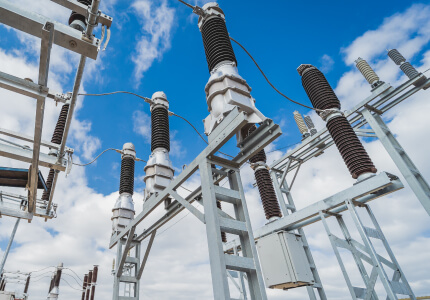
Staying In the Now: Emerging Energy Trends & Technologies
-

Ulteig Receives Multiple National Cultural Excellence Awards
-
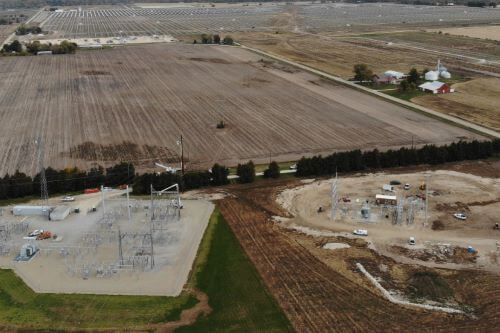
Market Analysis & Homegrown Innovation
-

Day of Understanding – Gender
-

Welcome Myron Hora
-
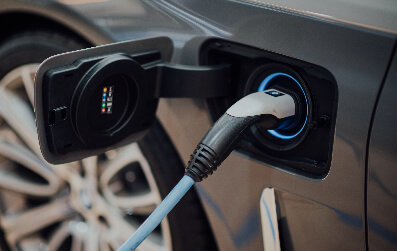
Solving for the Future: Electric Vehicles
-
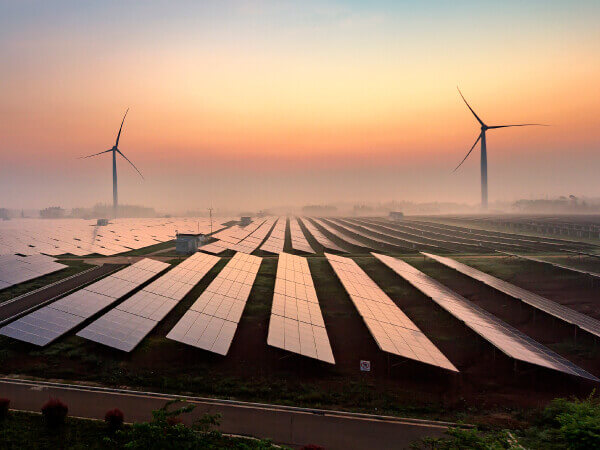
Revisiting Solar’s History to Predict Its Future
-

Nick Ingolfsland, CITO, Makes the Case for Internal Software Development
-

Women in Engineering Day 2023
-
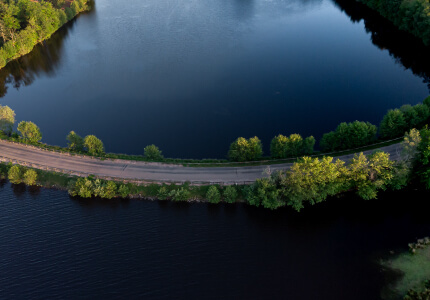
Remaining Authentic in Our Inclusive Practices
-

Connect to Your Data With SiteSense
-
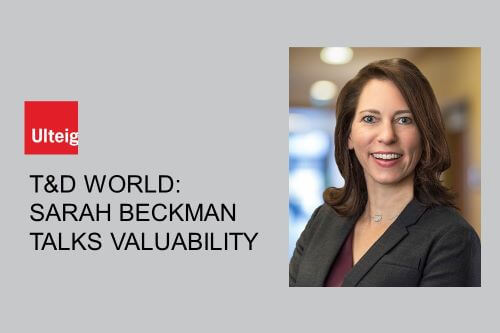
Sarah Beckman talks Valuability and Moving Beyond Basic Project Metrics
-

Ulteig Named a Top Workplace by Star Tribune for 2023
-

Ulteig Receives Top Marks from Leading Industry Lists
-

Ulteig Named to Zweig Group’s 2023 Hot Firms List
-
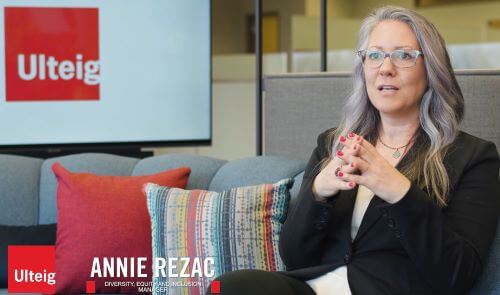
Ulteig DEI Program Leader Interview
-

John Butt Recognized as AEC Industry Rising Star
-
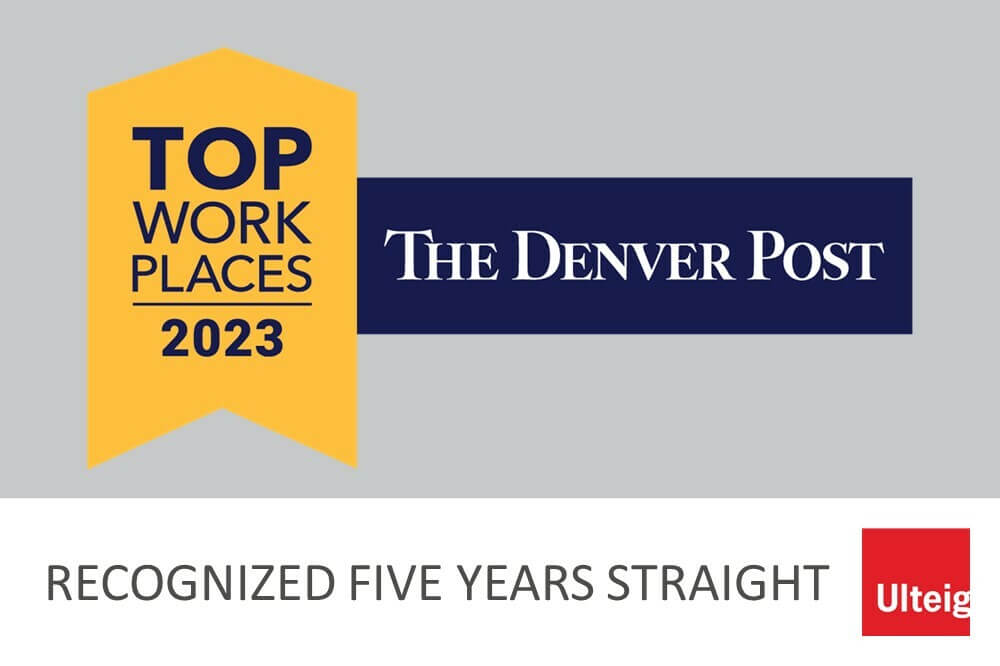
Denver Office Wins Top Workplace Award Once Again
-

Why Nuclear Energy is Experiencing Renewed Momentum
-

Ulteig GIS Technology Featured in RMEL Magazine
-
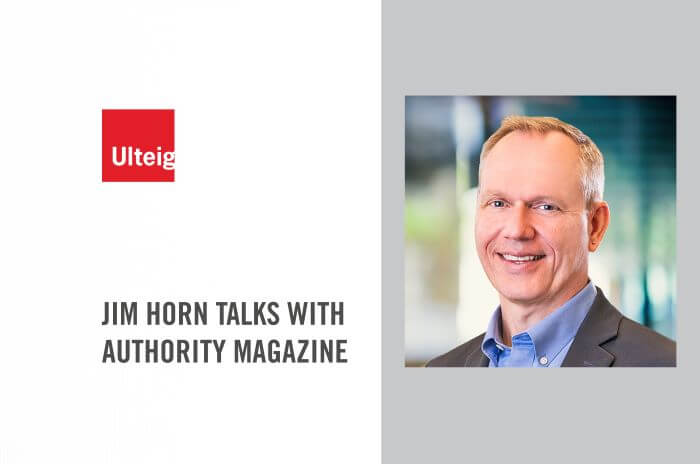
Jim Horn talks The Future of Work
-
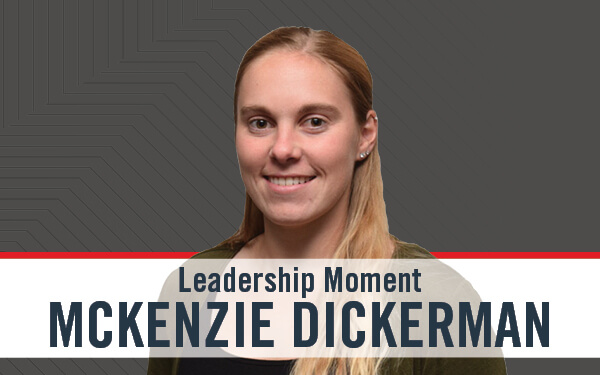
Leadership Moment: Mckenzie Dickerman – Project Manager
-
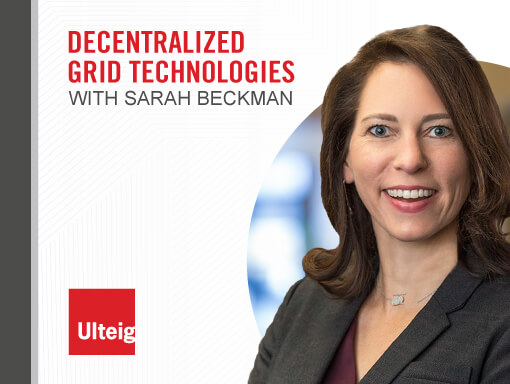
Discussing Decentralized Grid Technologies with Sarah Beckman
-
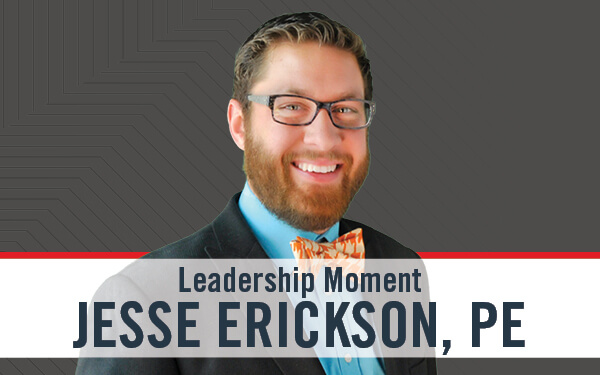
Leadership Moment: Jesse Erickson, PE – Market Director – Key Client
-

RMEL Scholarship Opens Doors for Electrical Energy Students
-

WTS Colorado Honors Angy Casamento & CDOT I-70 Bridge Replacement
-
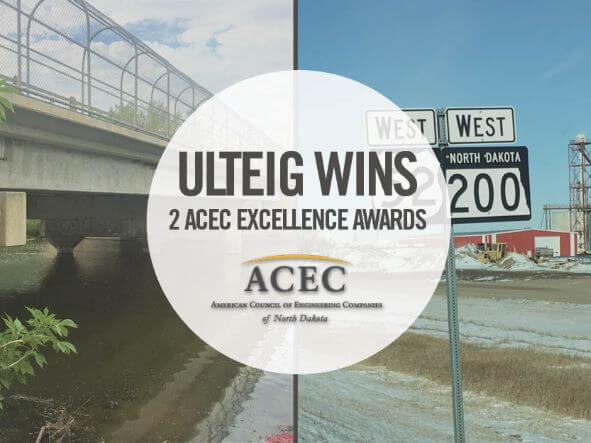
Ulteig Wins Two ACEC North Dakota Engineering Excellence Awards
-
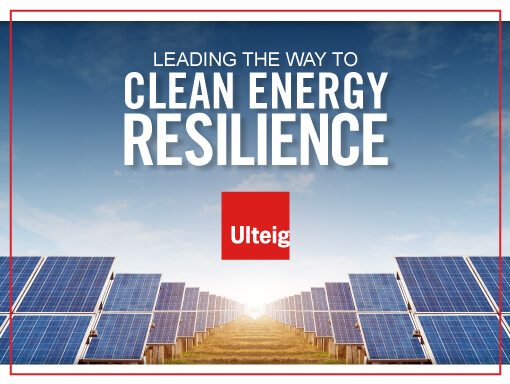
The Keys to Clean Energy Resilience
-
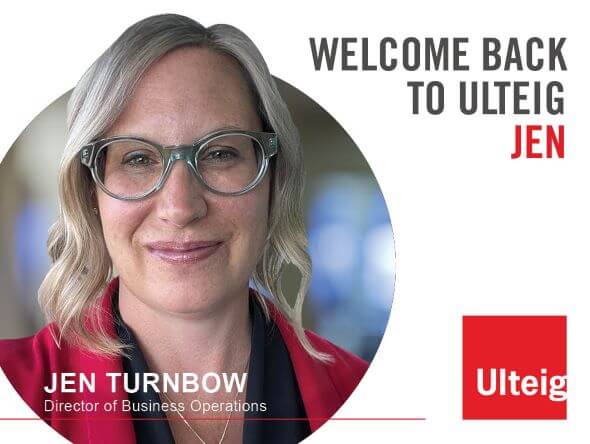
Jen Turnbow Rejoins Ulteig in new role as Director of Business Operations
-

Eric Milliken, PE, PTOE, Presents Award-Winning Study
-

Aldo Lopez, PE – Engineering a Positive Community Impact in Texas
-

Jason Adams, PE – Designing a Safer Transportation System for Texas
-

Ulteig is #14 in US on Glassdoor’s Best Places to Work List
-
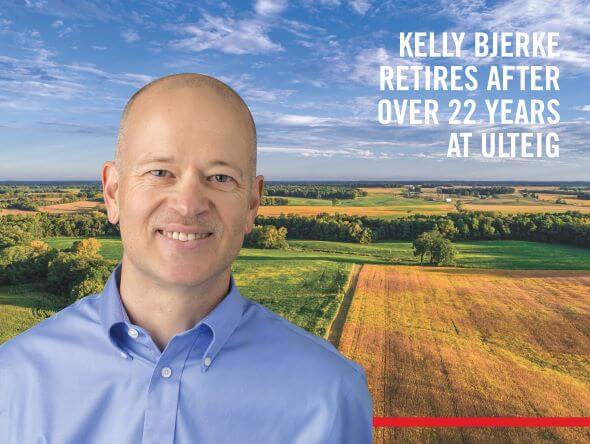
Kelly Bjerke Retires
-
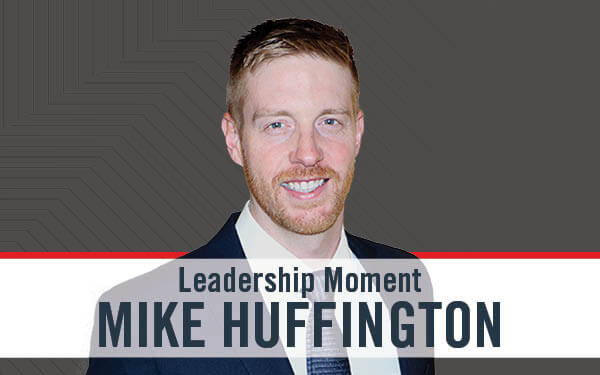
Leadership Moment: Mike Huffington, Market Development Manager – Transportation and Environmental
-
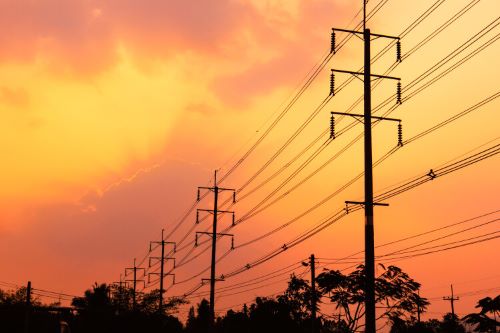
How FERC Order 881 Will Impact Utilities
-

TJ Fakler on Prairie Business’s 2022 Top 40 Under 40
-

How Ulteig is Turning Our Understanding of Funding Into Success for Our Clients
-
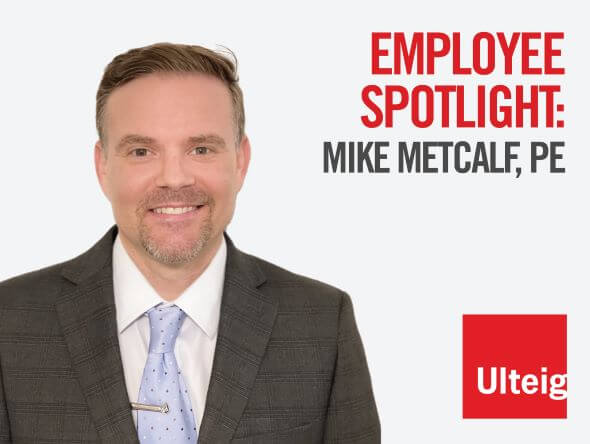
Employee Spotlight with Mike Metcalf, PE – Technical Manager
-

Connecting Projects with People: Eric Barradale, PE on Growing a Power and Renewables Presence in the Southeast
-

Leadership Moment: Josh Potts, PE, Technical Manager – Transmission & Distribution
-

Employee Spotlight with Jeremy Veldhoen – Lead Systems Integrator
-
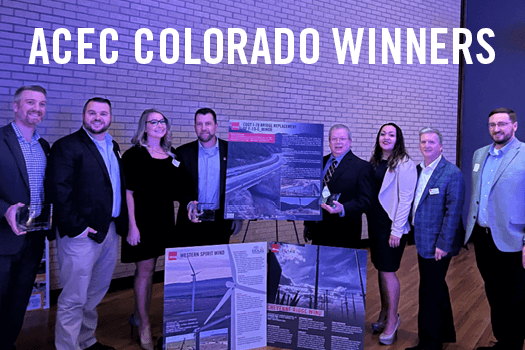
Ulteig Secures Multiple Awards from ACEC Colorado
-
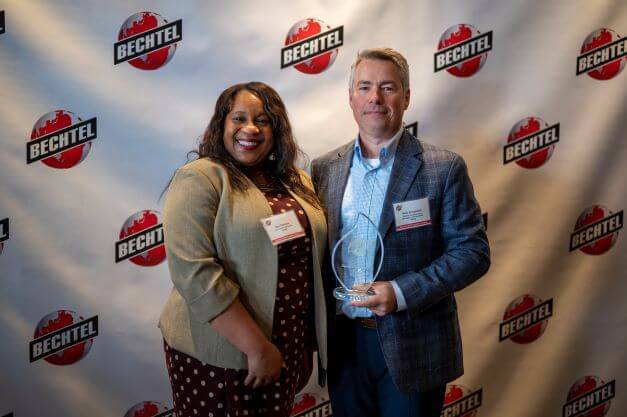
Ulteig Receives Global Supplier Award from Bechtel
-
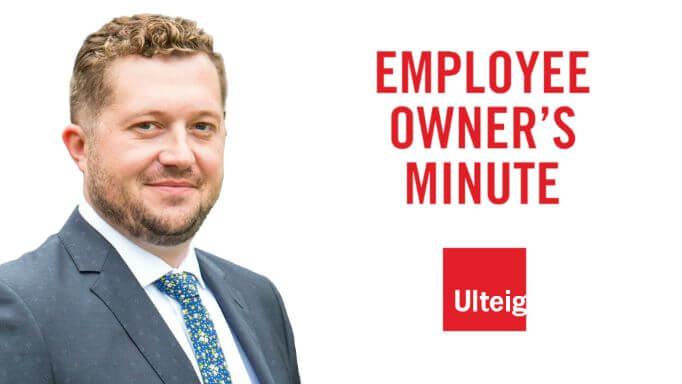
Employee Spotlight with David Schmitz, PE, Manager of Project Management
-
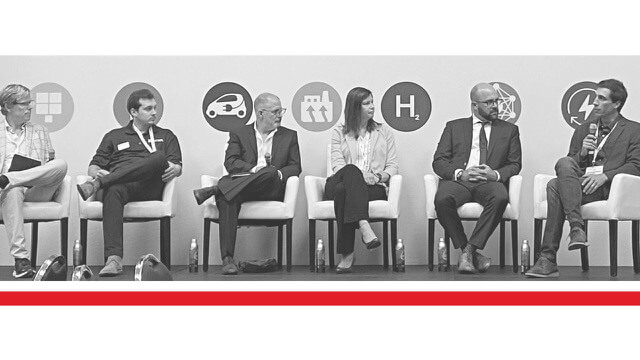
Panel Takeaways: The Keys to Clean Energy Resilience
-

Leadership Moment: Kurt M. Kisch, Senior Manager – Survey
-

Going Beyond What’s Expected: Mikayla Boche on Environmental Compliance and How We Can Do More
-
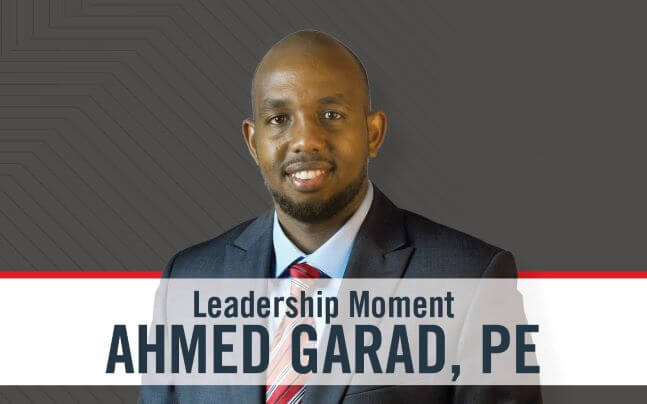
Leadership Moment: Ahmed Garad, PE, Technical Manager – Substation
-

Ulteig Joins ‘CEO Action for Diversity and Inclusion’
-
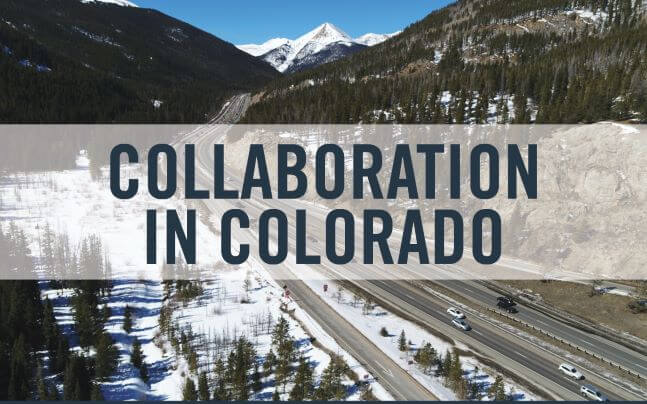
Why Long-Lasting, Trusted Relationships Will Bring Success to CDOT on I-70
-

Ulteig Top 50 Places to Work for 5th Year in a Row in 2022
-
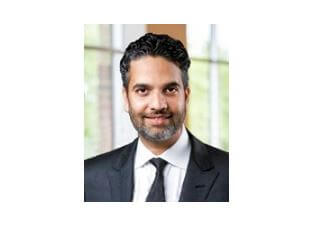
Ulteig Appoints Abhi Shah to its Board of Directors
-

Leadership Moment: Mandi Spindler, Talent Director
-
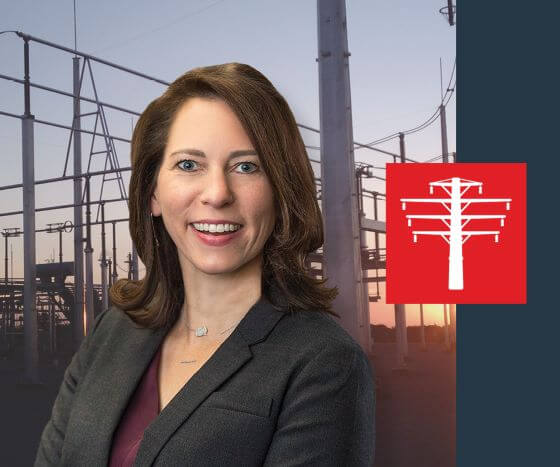
Ulteig announces the promotion of Sarah Beckman, PE, SMIEEE to the position of Vice President – Power Market.
-
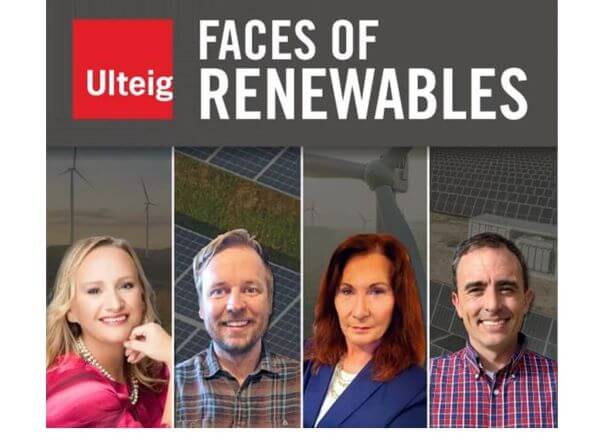
Faces of Renewables – Celebrating American Clean Power Week
-
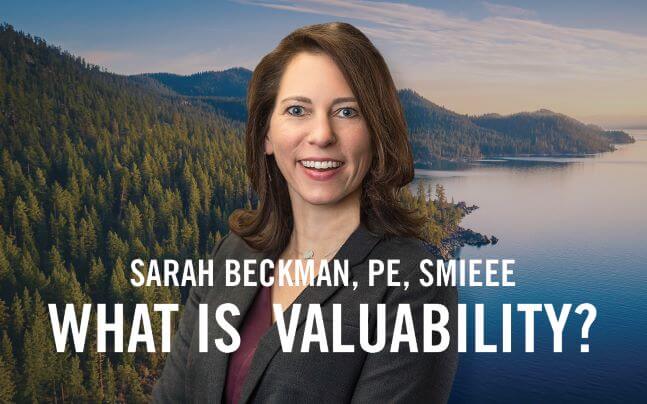
Ulteig Defines Valuability: A New Term for Creating and Measuring Value Across Lifeline Sectors
-
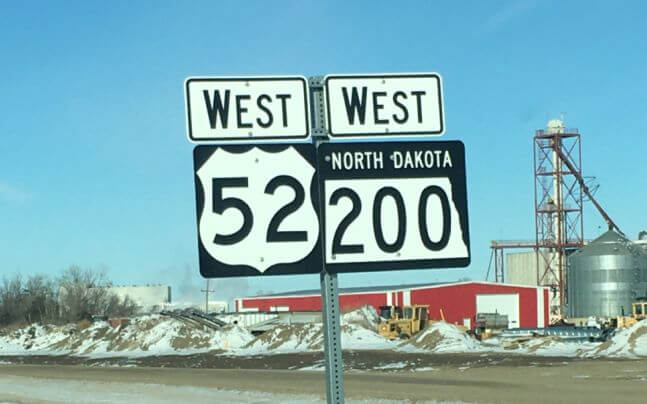
Ulteig Fights Tight Timeline to Secure Environmental Permits and Improve Passing Lanes along U.S. 52
-

Employee Spotlight with Cassie Borden, Graduate Engineer – Civil
-
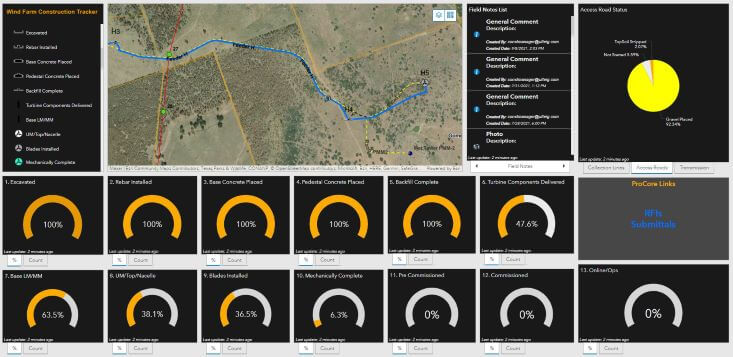
One Common Language: How Ulteig’s Advanced GIS Capabilities Are Revolutionizing Management of Lifeline Sector Projects
-

Tenacity Rules the Day for This Seasoned Woman in Renewables: Cynthia Christensen
-
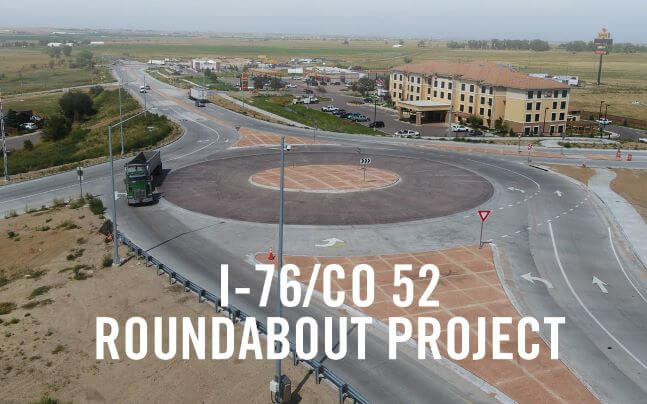
Making Room for a Growing Wind Industry: Ulteig Oversees Construction Management of Colorado’s Highway I-76/CO 52 Intersection
-

Vanessa Victor featured in Roads & Bridges Magazine
-

Board Chair Receives Outstanding Director Award 2022
-

Employee Spotlight: Randi Sue Surratt Changes Lives, Strengthens Communities Implementing Renewable Energy Infrastructure in Texas
-

Women in Engineering Day 2022
-
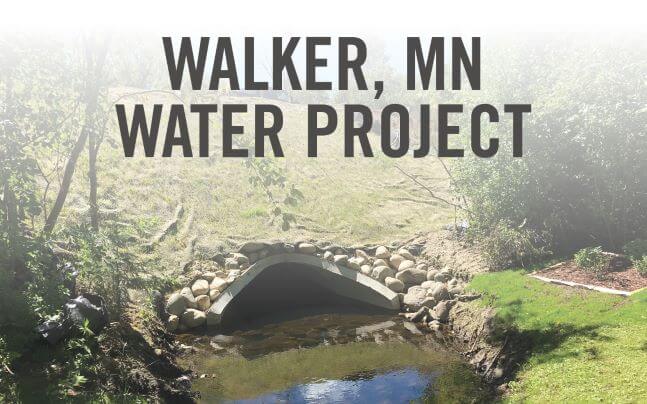
Water Project Replaces Aging Water Infrastructure for Small Minnesota Town Known for Walleye and Musky Fishing
-

Ulteig Named in Top Workplaces by StarTribune 2022
-
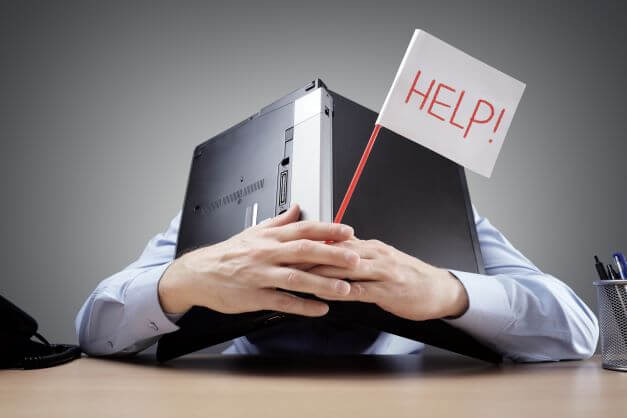
NERC Doesn’t Have to Mean Overworked
-

Ulteig Named on Zweig Hot Firm List for 2022
-

Ulteig to Lead Renovations for Colorado’s Iconic Eisenhower-Johnson Tunnel
-

Ulteig in Top 10 2022 Firms by EC&M
-

2022 Denver Top Workplace
-
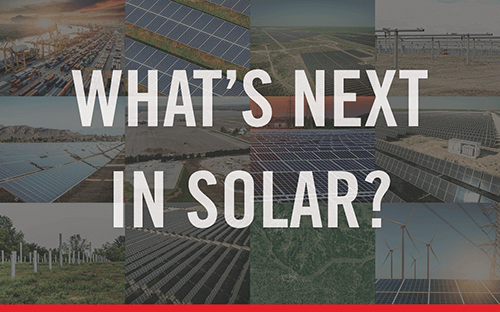
What’s Next in Solar, Part 2
-

Josh Guck named RMEL Emerging Leader
-
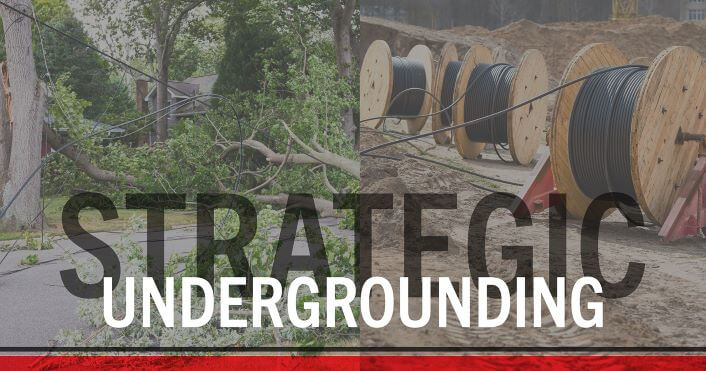
Grid Modernization Experts at Ulteig Say Strategic Undergrounding is Next in the Evolution of Electrical Reliability and Safety
-
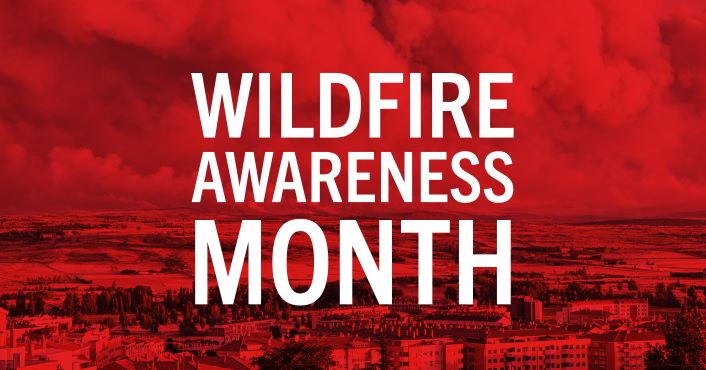
Staying Safe this Wildfire Season
-

Andi Schmid and Aaron Lauinger are ‘AEC Industry Rising Stars’
-

Ulteig Ranks in Top 500 ENR Design Firm List
-
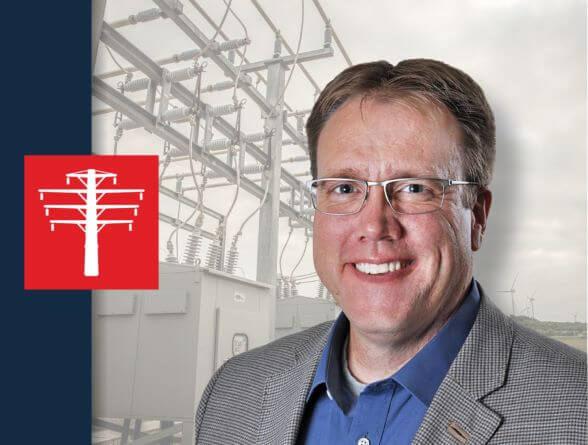
Ulteig Announces New Power Market Director
-

Ulteig Employee Spotlight: Morgan Allaby
-
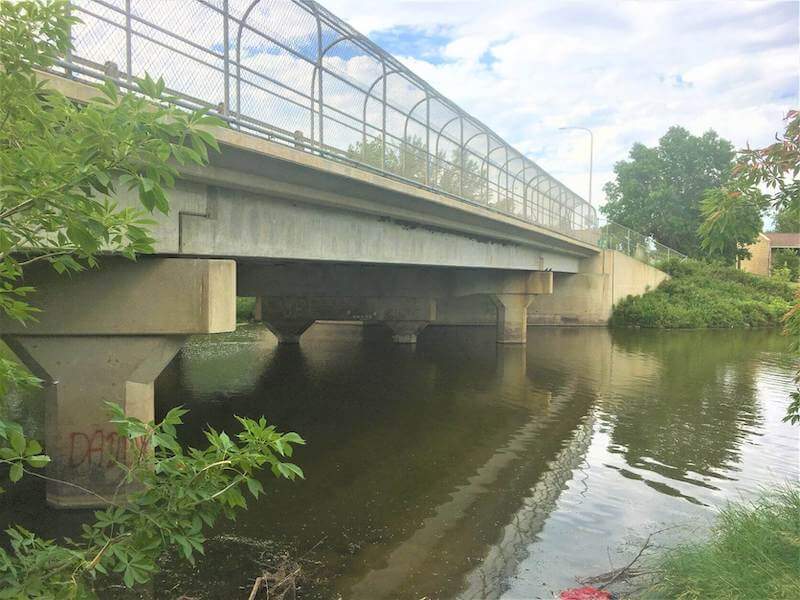
Repairing a Deteriorating Bridge Pier on an Aging Bridge in North Dakota
-

Andi Schmid wins Top Honor
-
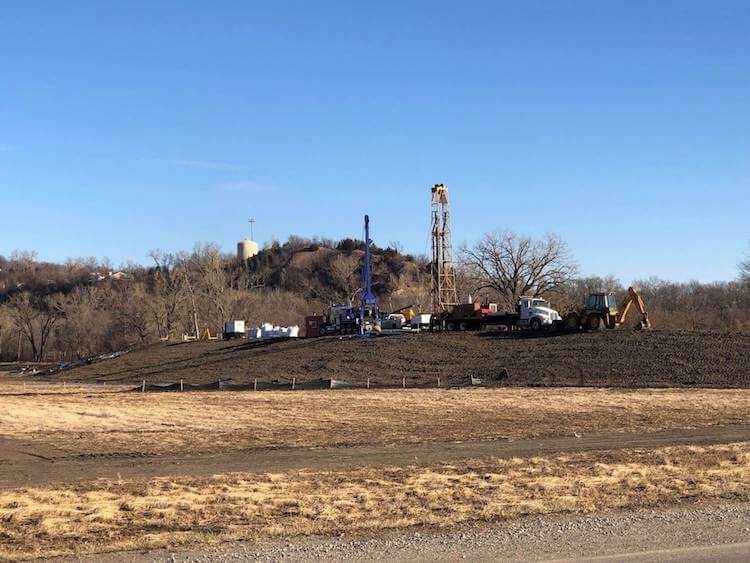
Ulteig Helps Small Town in Iowa Struck by Devastating Floods Build Back its Water Supply
-

What’s Next in Solar Part 1
-

Prairie Business Magazine Honors Ashley Campion
-
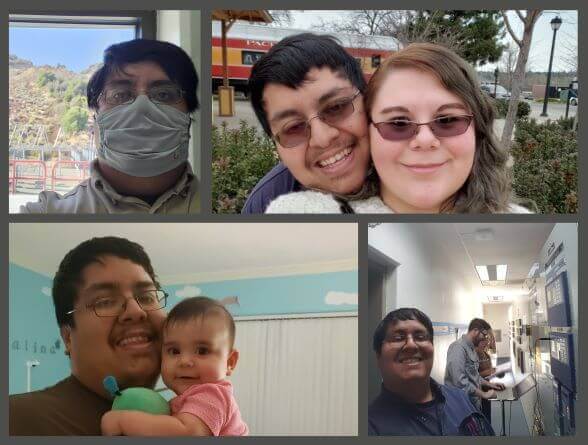
Ulteig Employee Spotlight: Eric Amaya
-
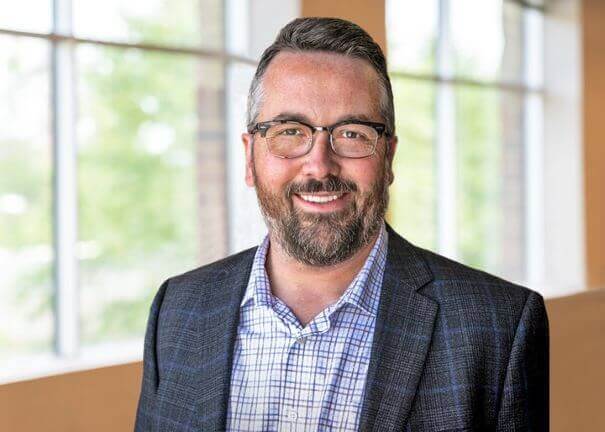
Ulteig Names Nick Ingolfsland as Chief Innovation and Technology Officer
-
Ulteig Named as a ‘Best Place for Working Parents’
-

Ulteig Noise Modeling Experts Help Clients Create Better Dialogue with Local Communities, Optimizing Project Performance
-
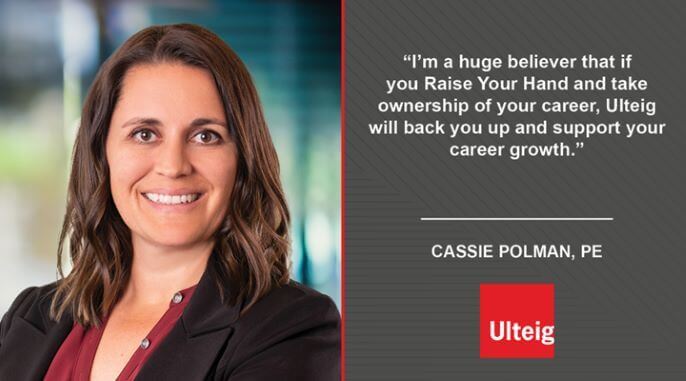
Powering up a Substation Design Career
-
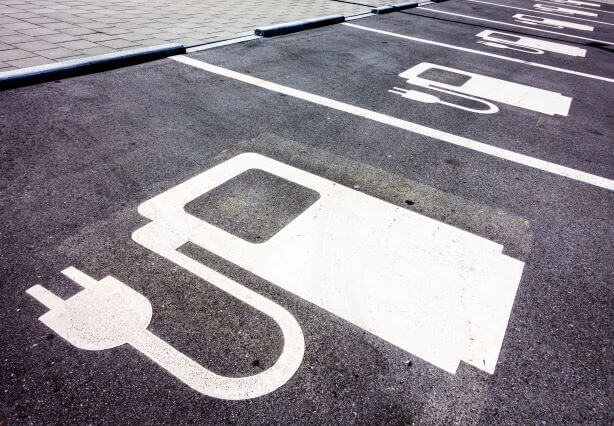
Americans are Ready to Buy EVs, But are America’s Utilities Ready to Power Them?
-
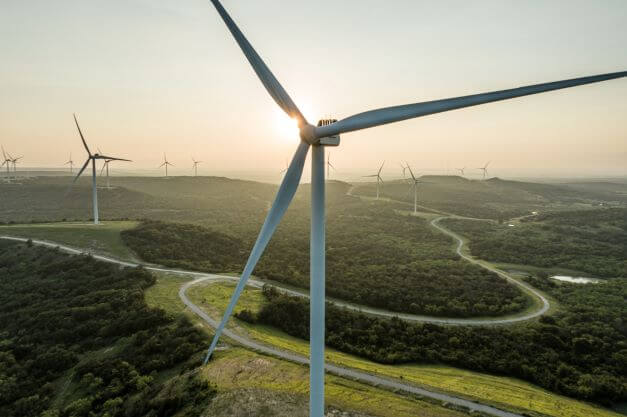
In the Cowboy Capital of the World, the Buckthorn Wind Facility Heralds a New Age of Renewable Energy
-
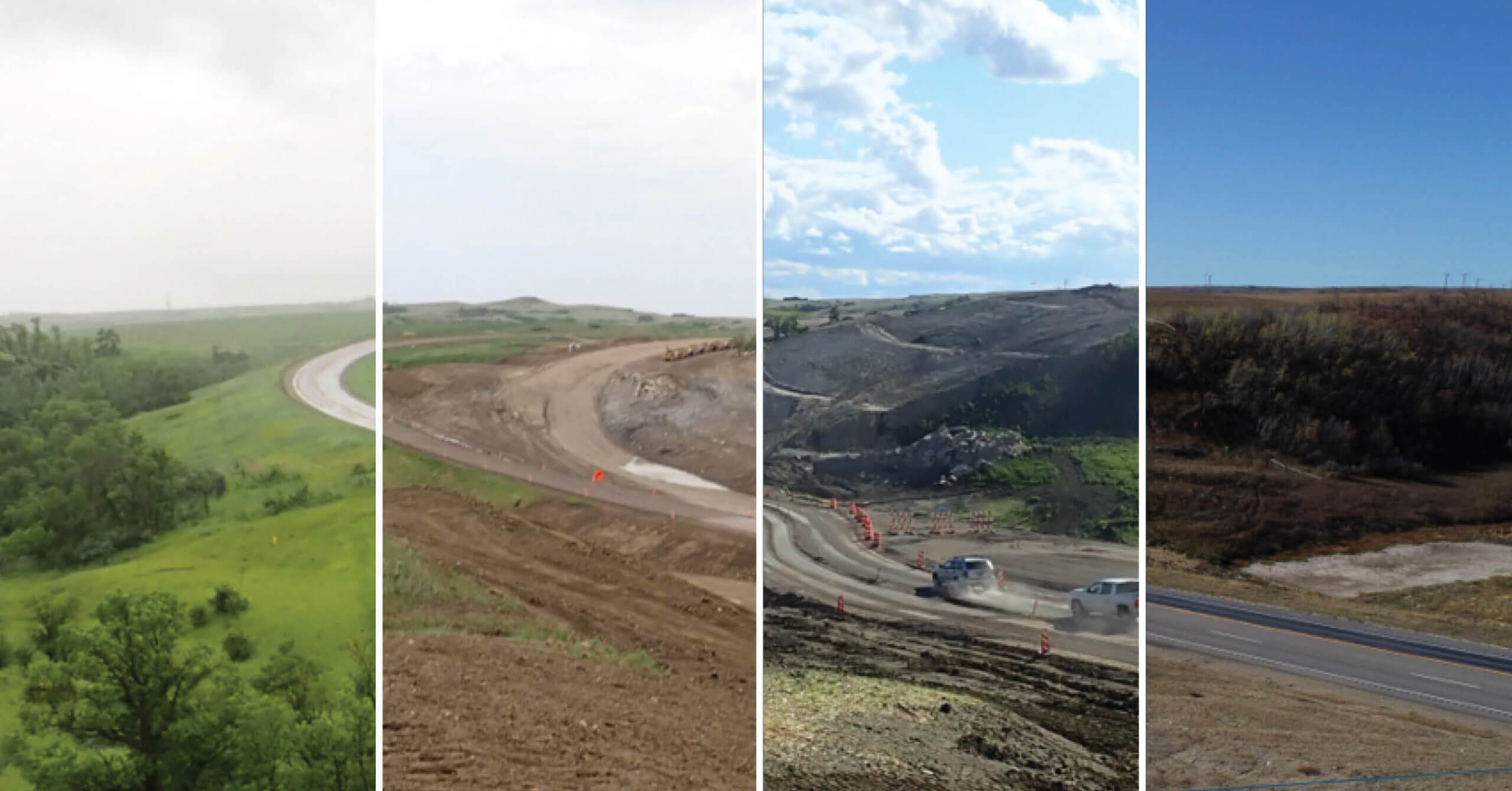
Ulteig Exceeds Expectations in Renovating Historic Lewis & Clark Expedition Route in North Dakota
-
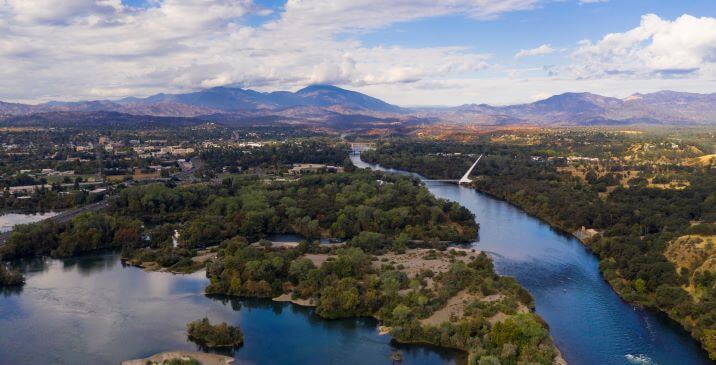
Ensuring Safe, Reliable Electricity for Generations to Come: Ulteig Helps Redding Electric Utility Build a 10-Year Grid Modernization Plan
-
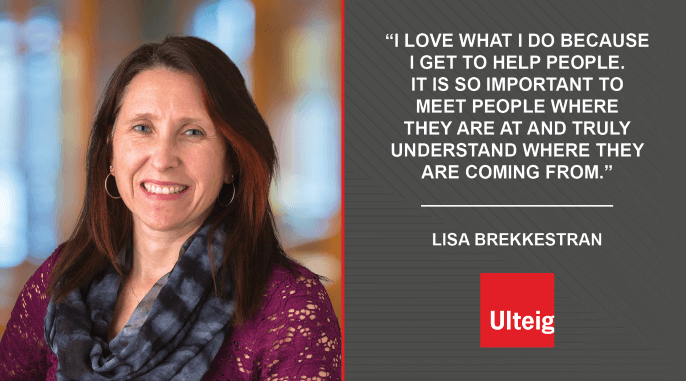
Senior Right-of-Way Specialist Lisa Brekkestran Brings Expertise, Compassion, and Trust to Her Role on Major Red River Valley Flood Mitigation Project
-
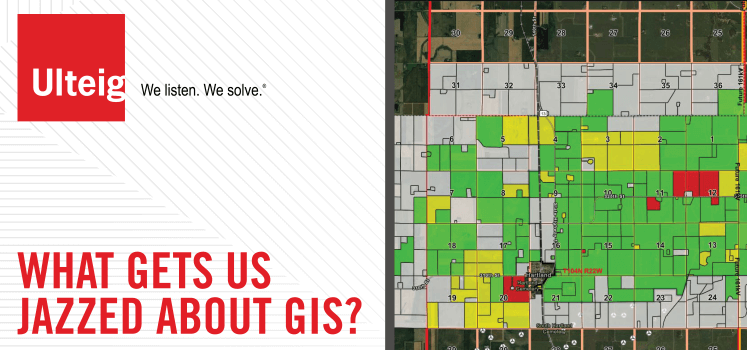
Leveraging the Power of GIS to Increase the Effectiveness of Infrastructure Design, Planning and Construction
-
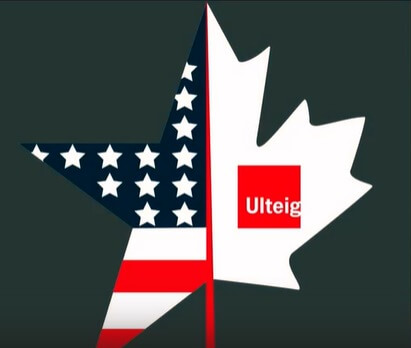
Celebrating Veterans Day/Rememberance Day
-
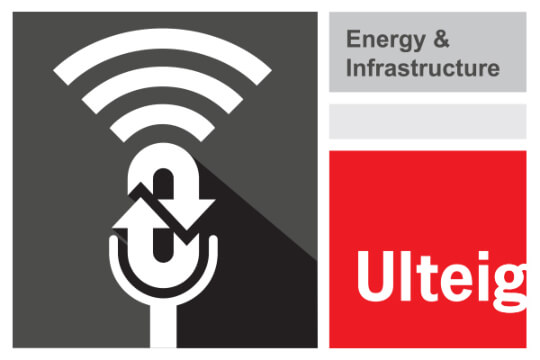
Ulteig Energy & Infrastructure Podcast: Embracing a Changing Workplace Forever Altered by a Pandemic
-

Replacing a Water Treatment Facility
-
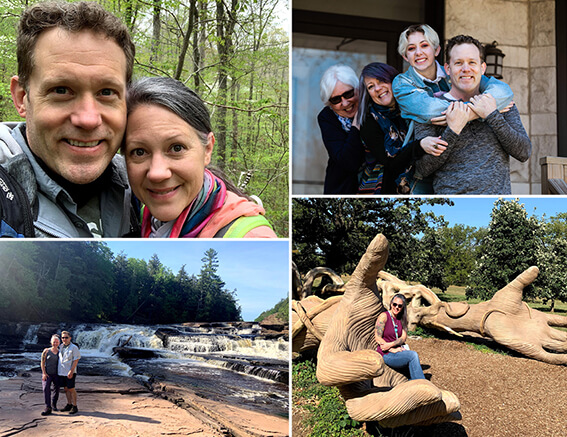
Embracing DEI to Enhance Ulteig’s Putting People First Culture
-

Bringing it All Together: Wind, Solar and Battery Storage in Northwest Ohio to Power General Motors
-

Celebrating Employee Owners
-
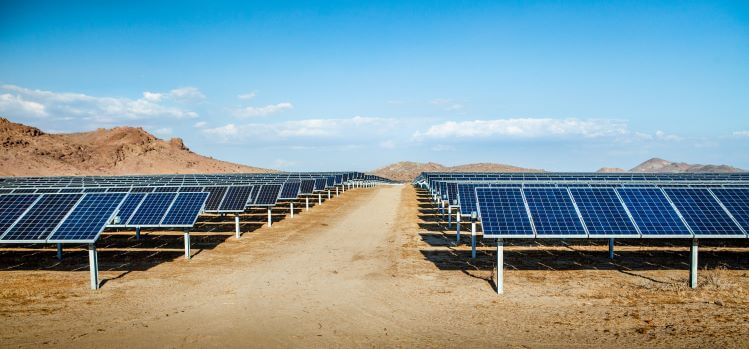
Teddy Rosamond Substation Offers a Template for Future, State-of-the-Art Solar-Powered Substations
-
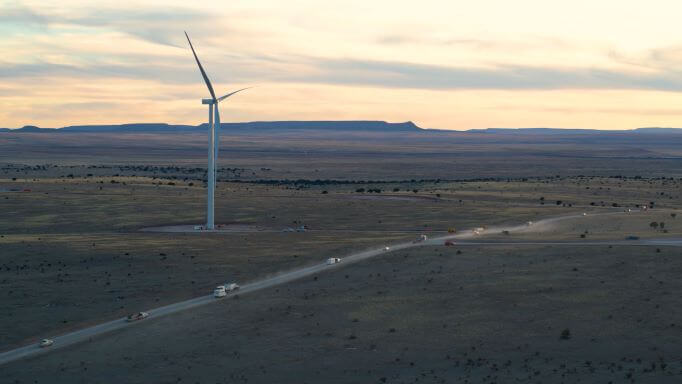
Harnessing the Power of Wind-Rich New Mexico
-

Ulteig Reaches Impressive Safety Milestone
-
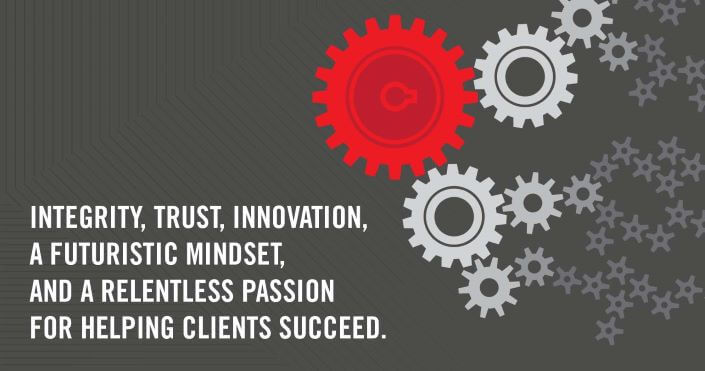
Defining what fuels Ulteig’s success begins with authentic leadership and a desire to continuously find better ways to solve client problems.
-
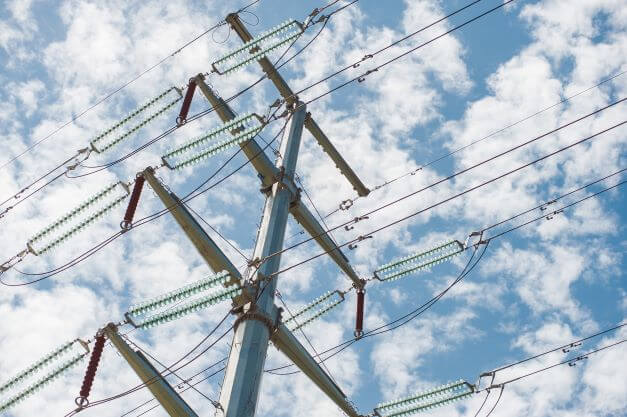
When it Comes to Transmission Lines, Bigger is Often Better
-
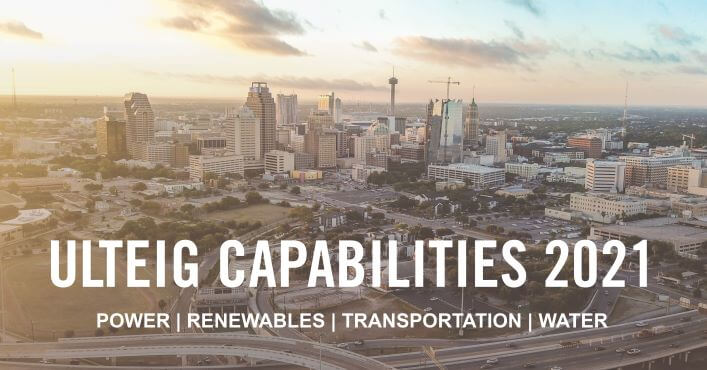
Ulteig’s 2021 Capabilities Brochure
-
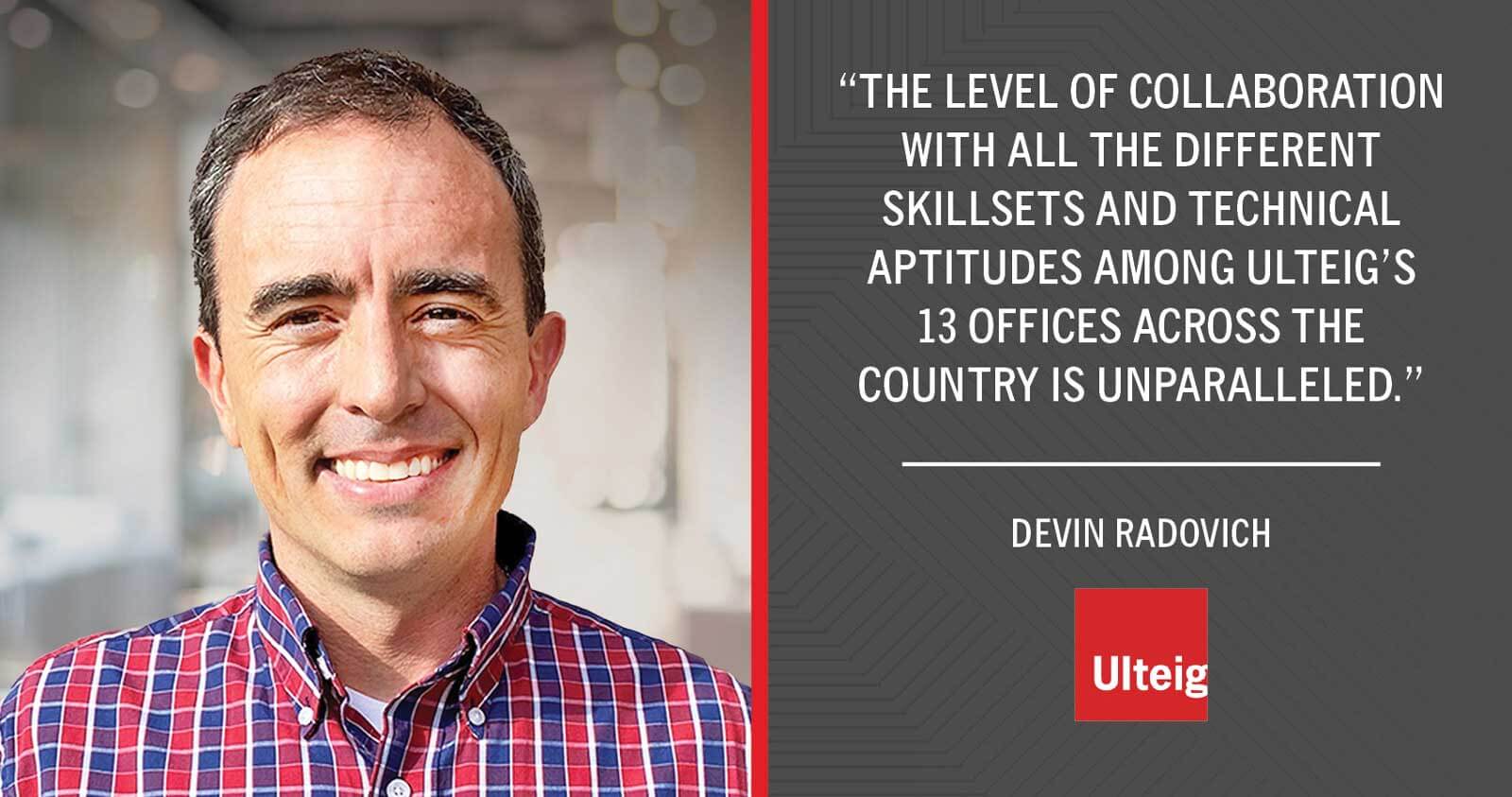
Employee Spotlight: Opportunity to Develop Renewables Solutions Brings Devin Radovich to Ulteig
-

President Doug Jaeger Featured In Leadership Podcast
-
Ulteig Named to Prairie Business’ 50 BEST PLACES TO WORK Fourth Year In A Row
-
Ulteig wins National Cultural Excellence Awards
-
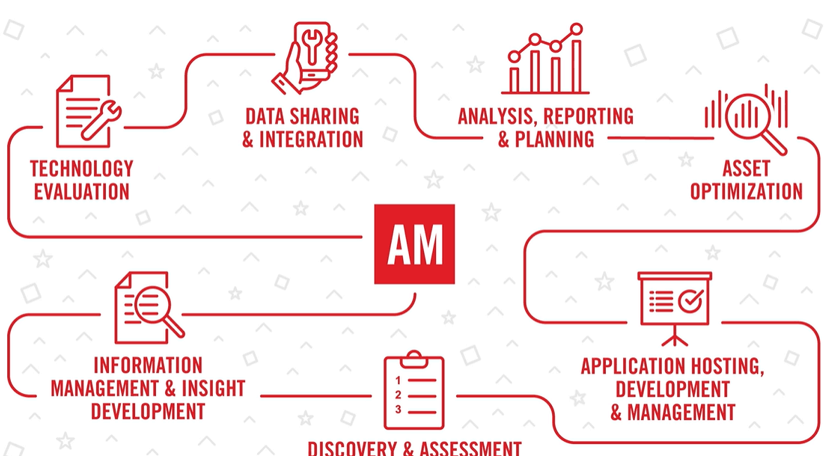
Asset Management Helps Organizations Mitigate Risks and Better Plan for Tomorrow
-
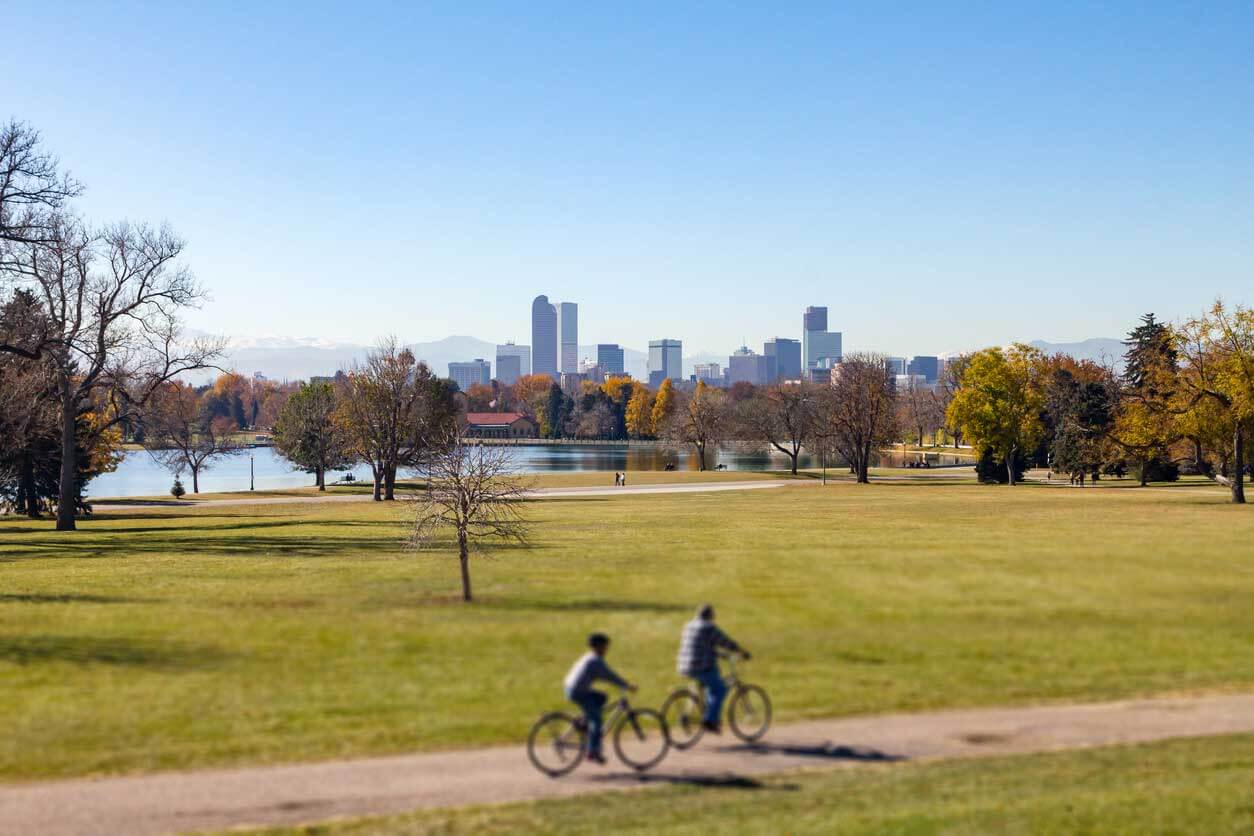
How COVID-19 Impacted Bicycle Commuting in Denver
-
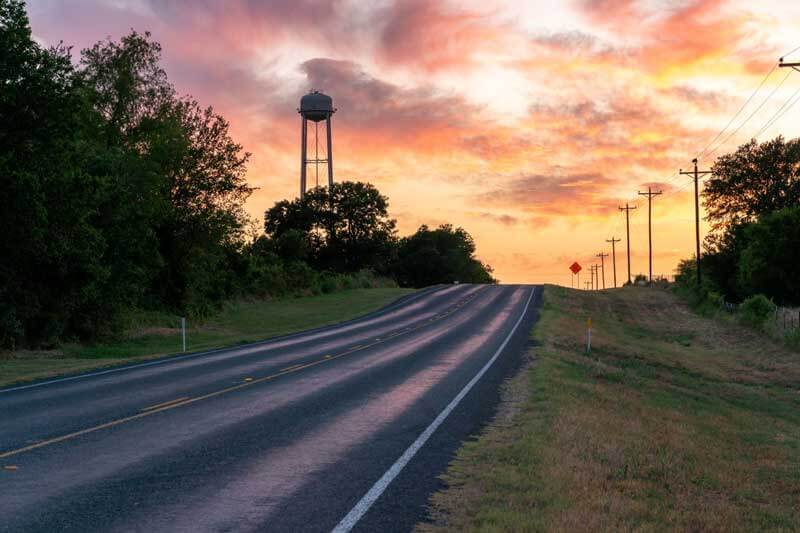
The Unsung Heroes of North America’s Towns and Cities: Water Treatment Professionals
-
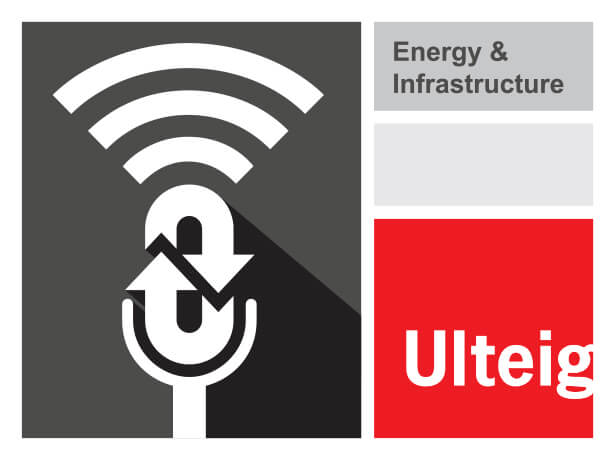
Ulteig Energy & Infrastructure Podcast: Gen Z – Ready to Fix the World by Designing Better Infrastructure
-
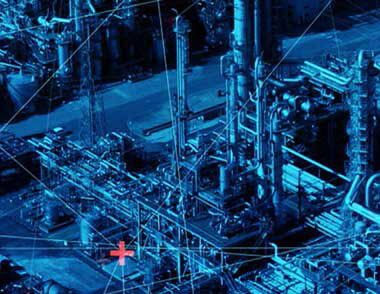
Advanced Technology Center Fuels a Futures Mindset Culture to Help Clients See Around Corners
-
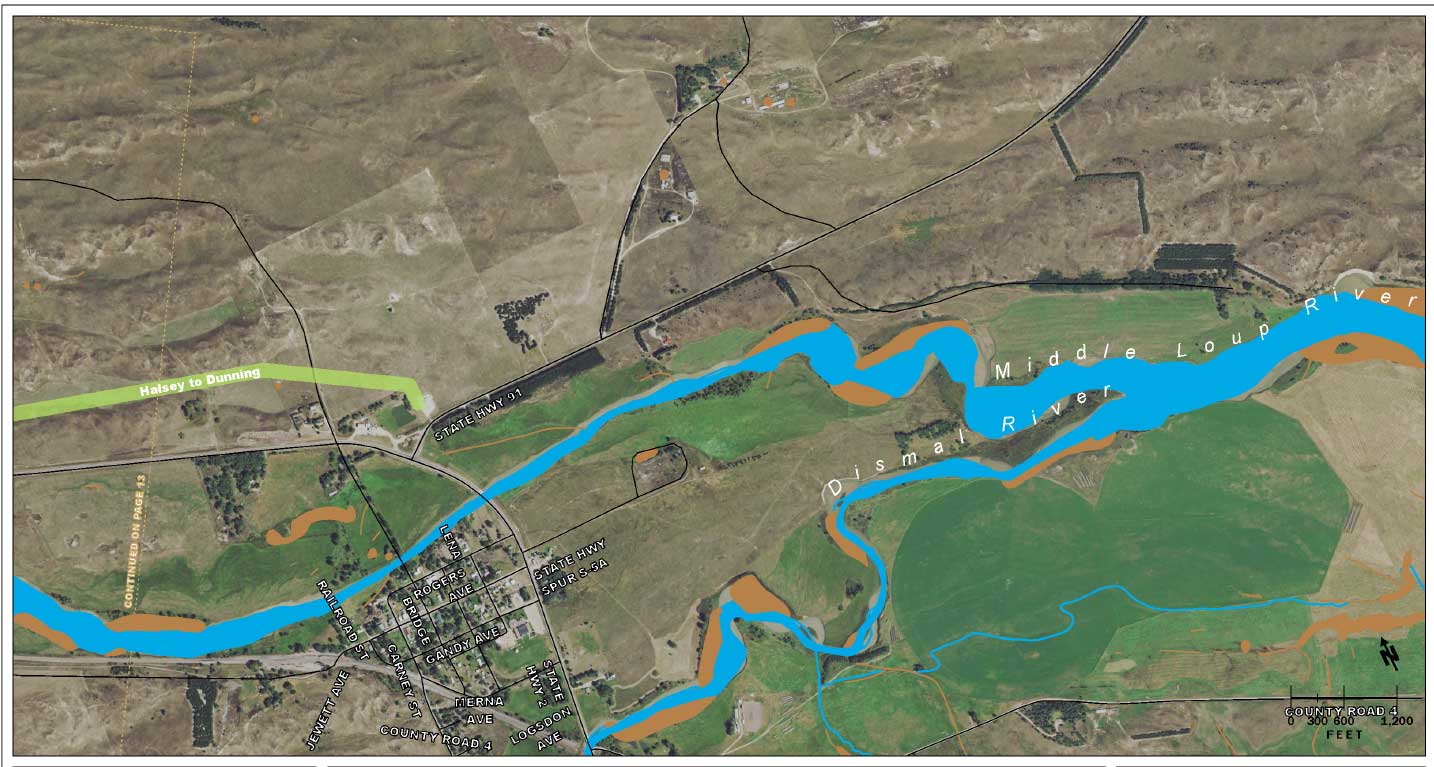
Creating Opportunities for the Future While Protecting the Sandhills
-
Celebrating Women in Engineering
-

Harvesting a New Crop in Iowa: Expanding Newport Substation Allows CIPCO to Interconnect with New Solar Farm in Wapello Part 2
-

Building Bridges and Connections: Relationships Bring Experienced Engineer to Ulteig and Building Connections Will Keep Her Here
-
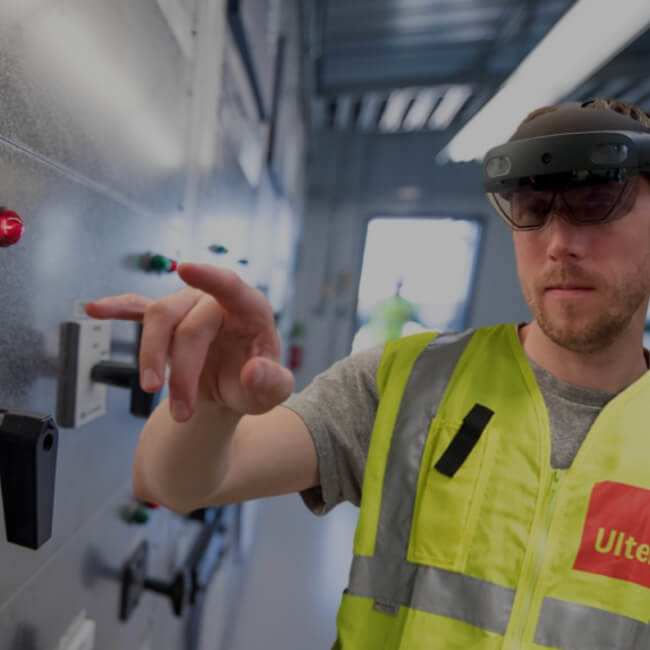
Augmented Reality Technology Adds New Dimension to Infrastructure Design, Planning and Maintenance
-
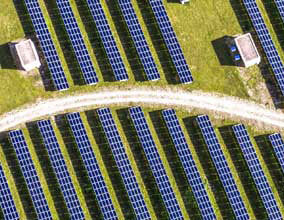
Solar Power and BESS Integration in Oil Country
-
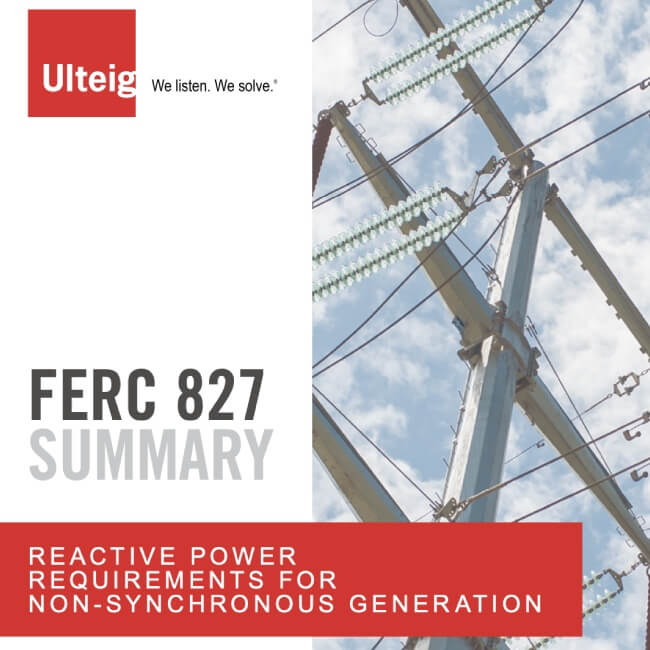
FERC 827
-
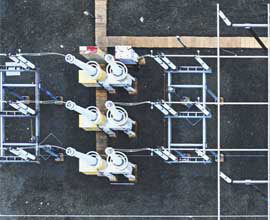
Hurricanes, Derechos, 500-Year Floods: Modernizing the Grid to Build in Resiliency and Hardening
-
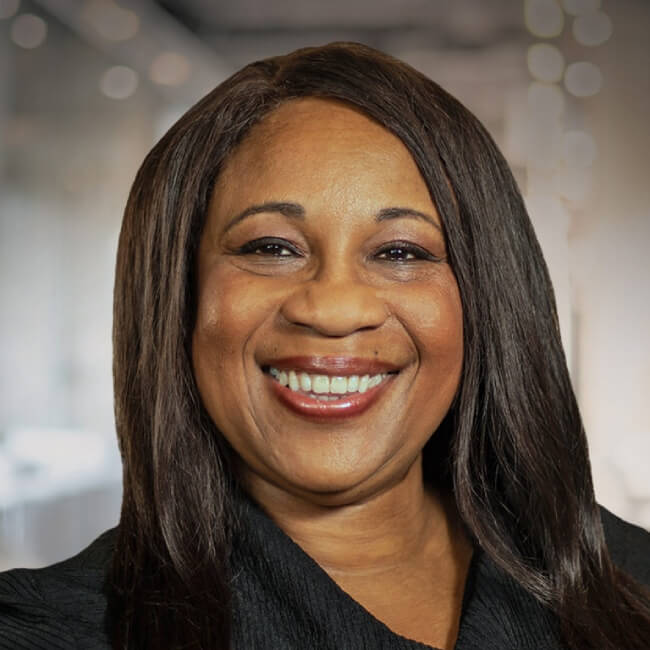
Ulteig Names Ava Drayton as Senior Vice President, Client Solutions
-

Impact of Infrastructure Bill Launching a New Golden Age of Construction
-
International Women in Engineering Day
-
Ulteig is a Minnesota Top 175 Workplace
-

Ulteig Wins ACEC National Recognition Award
-
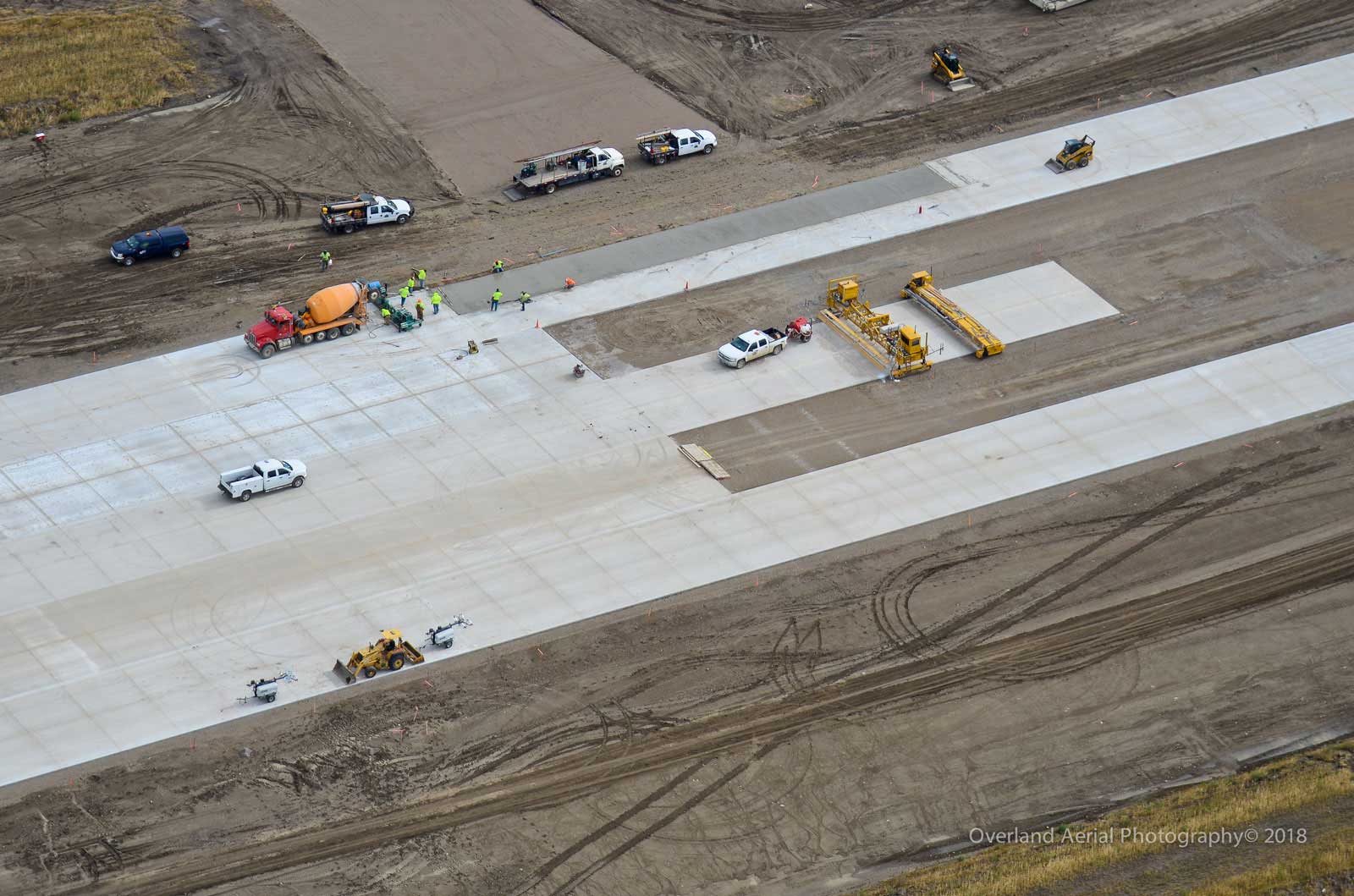
Celebrate National Right-of-Way Professionals Week: Ted Francois Shares Insights About the Critical Importance of Right-of-Way in the Development of Infrastructure
-

Prairie Business Features Doug Jaeger on NLS Acquisition, Company Growth
-
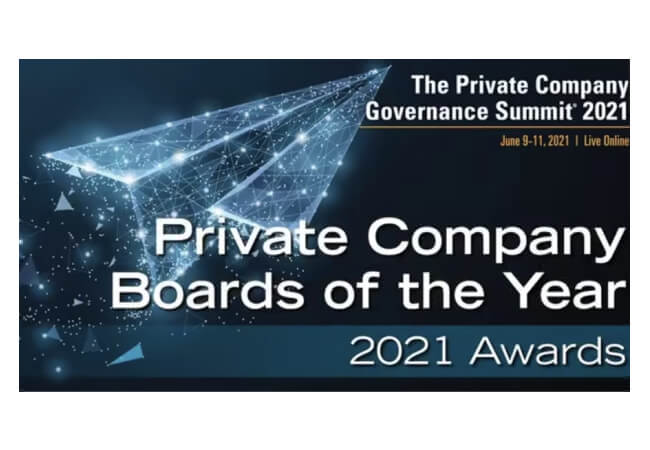
Ulteig Board of Directors Receives National Honor
-
Ulteig is #10 on Zweig’s Top 100 Hot Firm List
-

Ulteig Energy & Infrastructure Podcast: A New Sheriff is in Town
-

Ulteig’s Dave Bowen Receives RMEL’s 2021 Emerging Leader Award
-

Aiming Higher to Protect Endangered Species
-
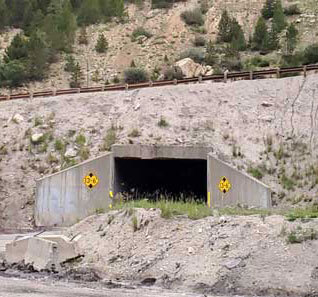
Maintaining America’s Bridges on a Shoestring Budget
-

Project Delivery Services (PDS) Explained
-

Ulteig Acquires NLS Engineering, Expanding into Canada
-

Bring Harmony to your Wind or Solar Farm
-

A Passion for Small-Town Bridges in Texas
-
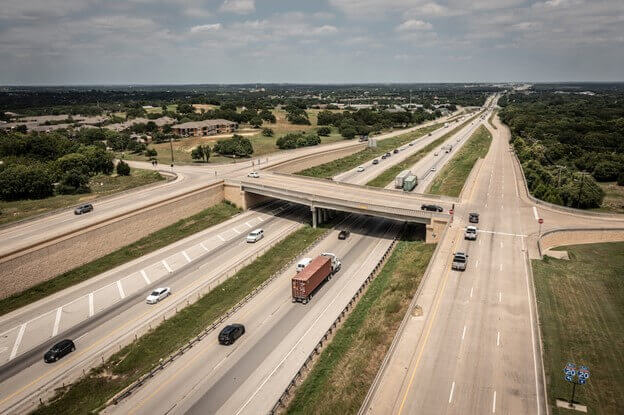
Never Underestimate the Power of Bridges to Connect
-
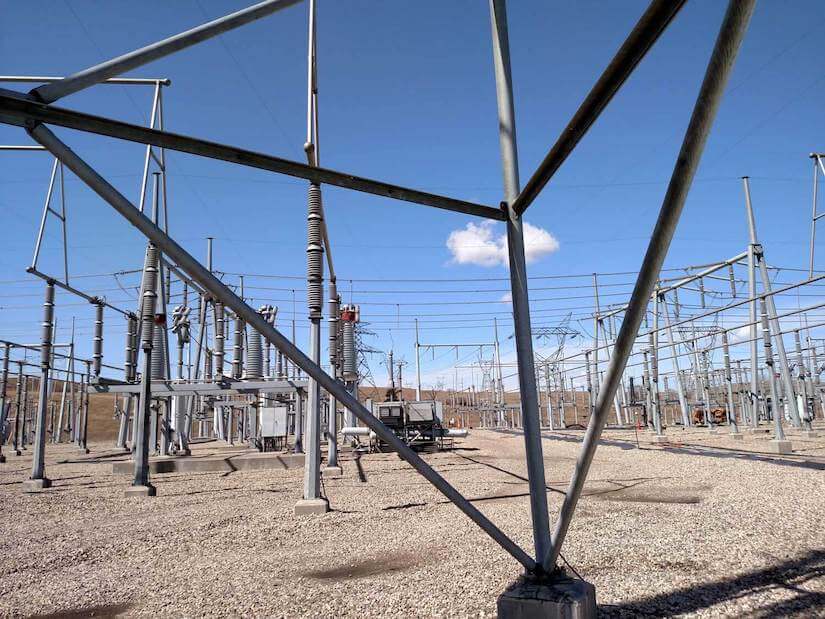
Unleashing the Power to Interconnect, Part 1
-

Ulteig Energy & Infrastructure Podcast: Exploring Alternative Construction Delivery Methods
-

Building connections: The Ulteig team engages stakeholders to benefit an entire community
-
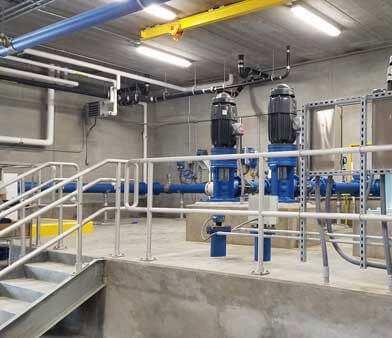
Replacing an Aging Water Treatment Plant in the Red River Valley of Minnesota
-
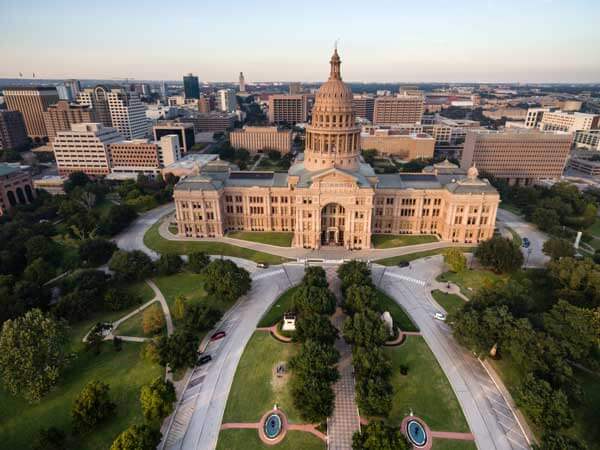
Recent Texas Safety Regulation Serves as a Wake-up Call for Utilities Around the Country
-
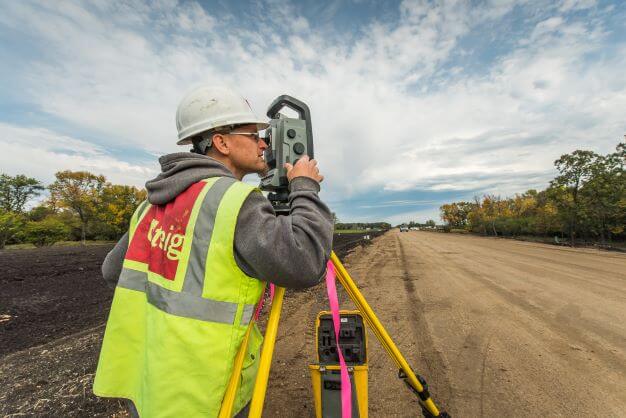
Celebrating Surveyors Week: Jay Johnson Reflects on Years as Surveyor
-

Ulteig Energy & Infrastructure Podcast: Trends to Watch in 2021
-
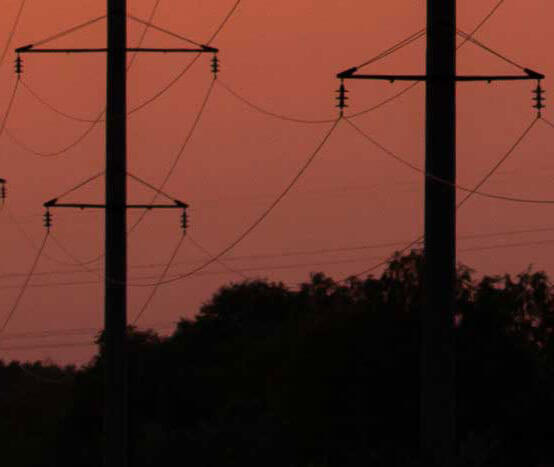
Transmission Planning Takes a Futurist Mindset
-
It’s All about Flow: Ulteig Traffic Modeler Abdullah Kurkcu Takes His Passion for Data Science and Modeling on the Road
-
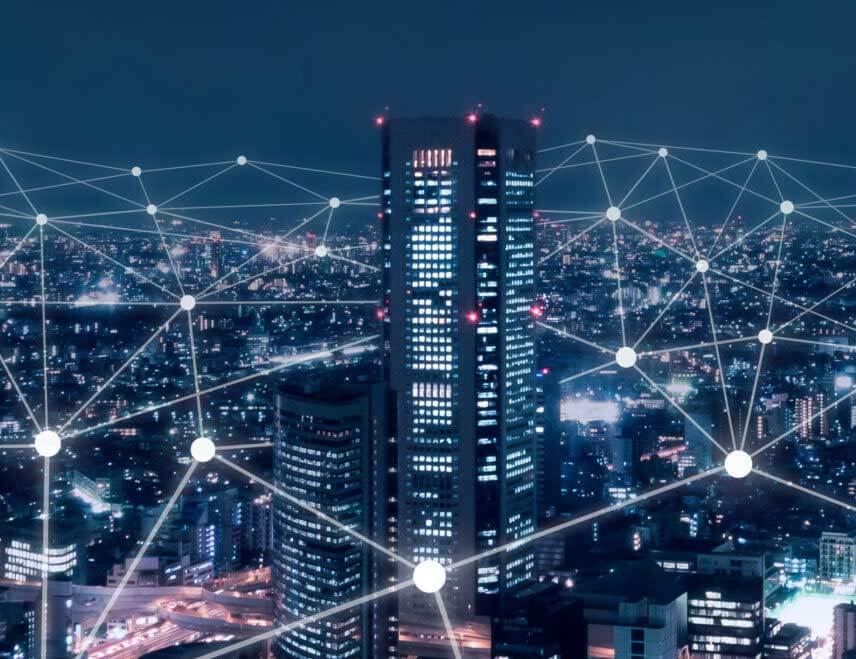
Modernizing Your Grid? Four-Stage Process Can Help Utilities Understand What’s Next
-

Ulteig Energy & Infrastructure Podcast: Renewable Energy in an Age of Change
-

Ulteig Energy & Infrastructure Podcast: On the Road Again – The Impact of COVID-19 on State Highway Systems
-
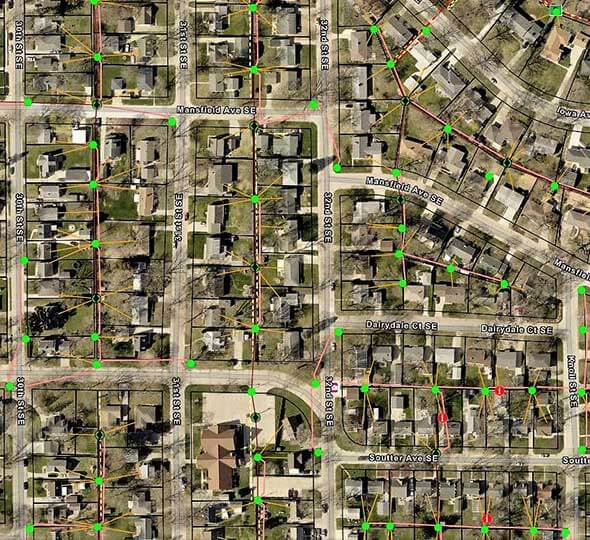
Increase Cost Effectiveness by Incorporating GIS Into Your Next Project
-

Utilizing GIS Technology for Field Based Distribution Design
-
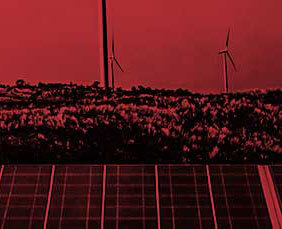
Additional Evaluation in Preliminary Design Stage Can Reduce Costs and Keep Your Project on Schedule
-

The Future of Solar Development is Bright
-

Ulteig Energy & Infrastructure Podcast: What Does China Have to Do With America’s Power Grid?
-
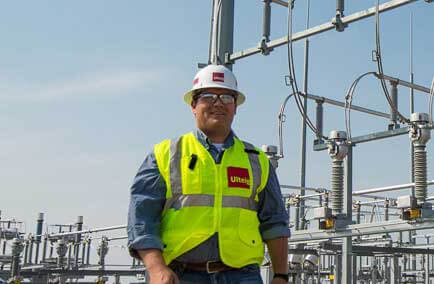
Shuffling Panel Designs to Help Alleviate a Client’s Wire Shop Resourcing Issues
-

Ulteig Energy & Infrastructure Podcast: Where has the Tax Equity gone for Solar?
-

Ulteig Acquires Pacific Power Engineers, Inc
-
Ulteig Overview Video


